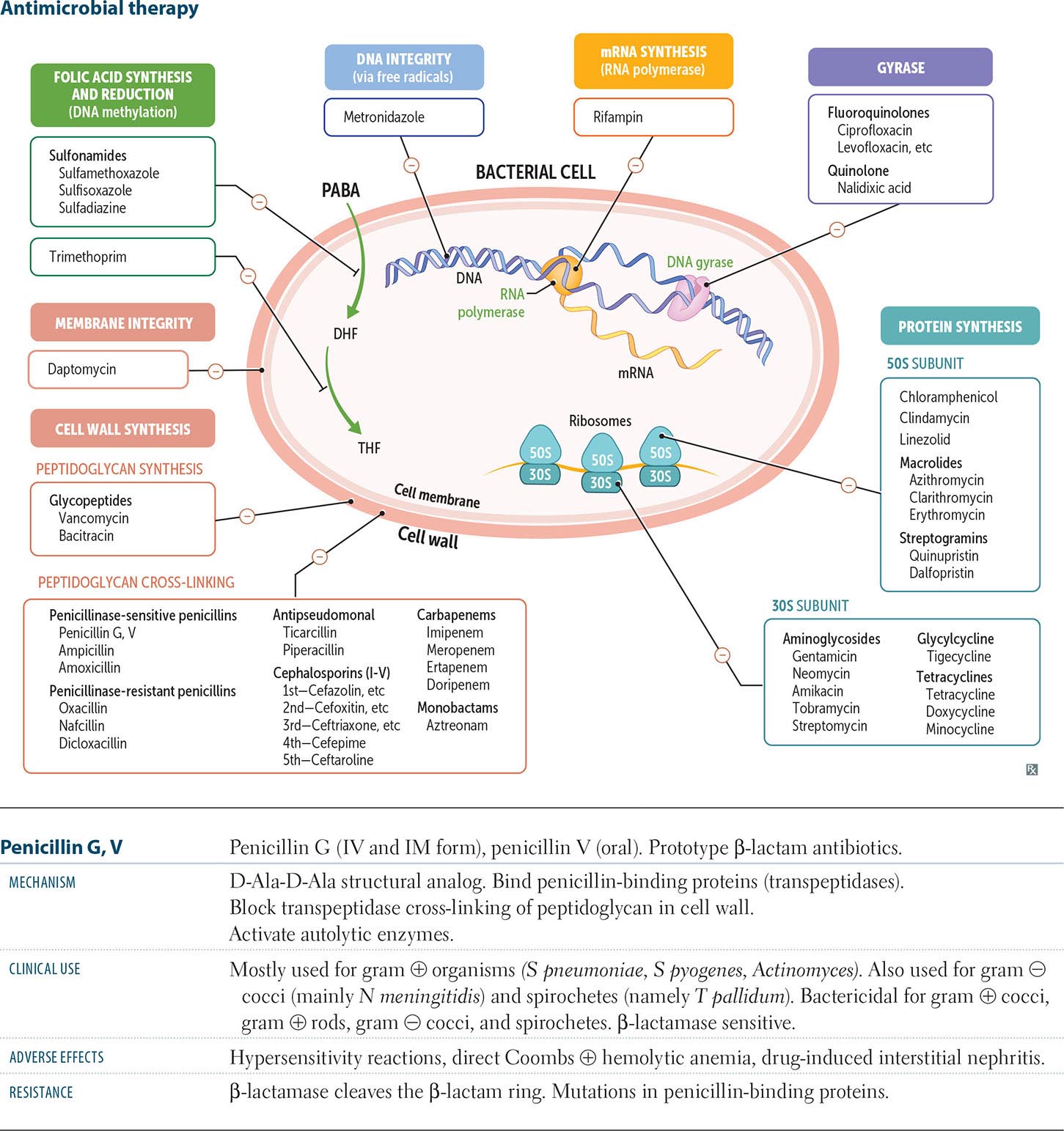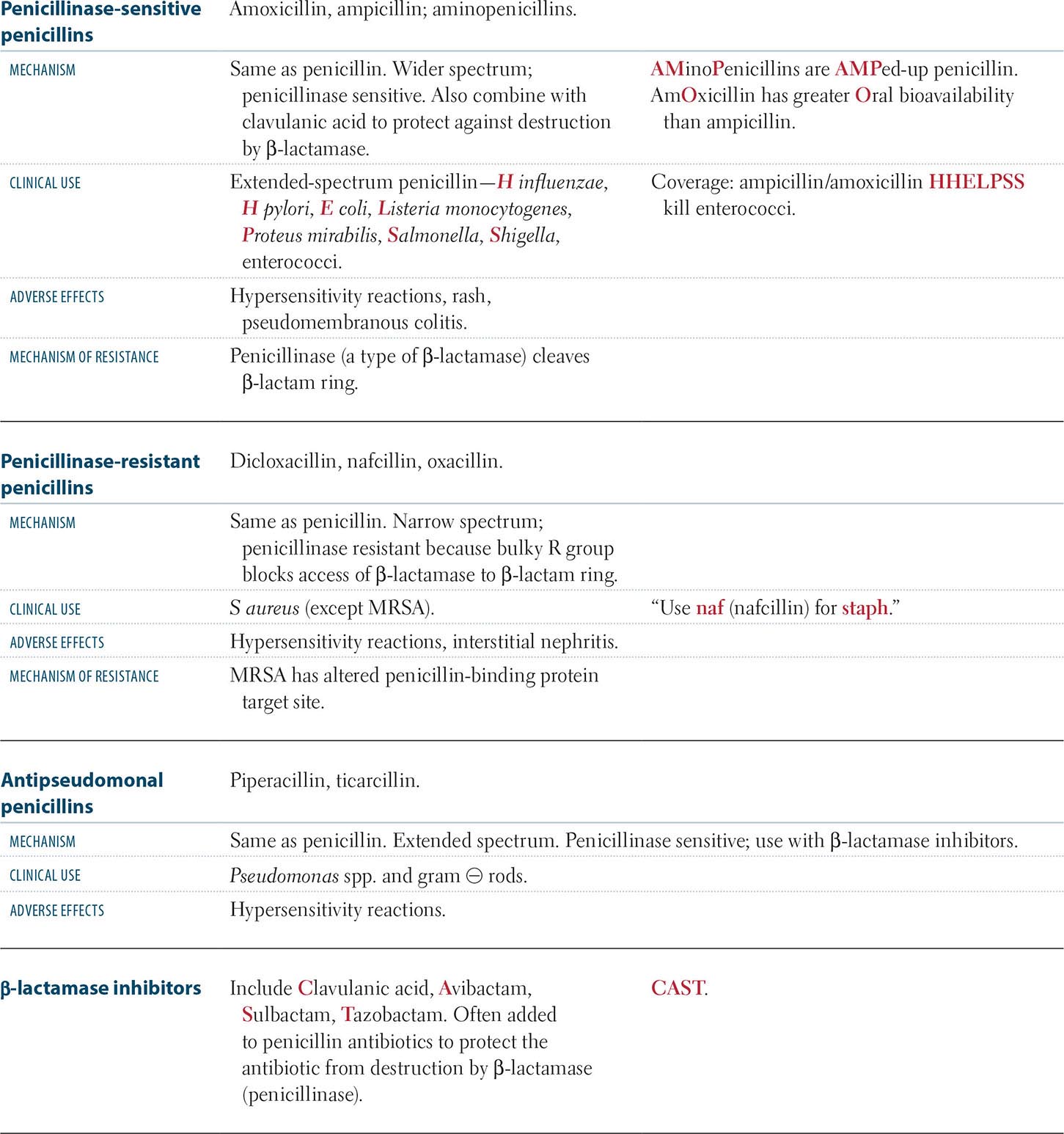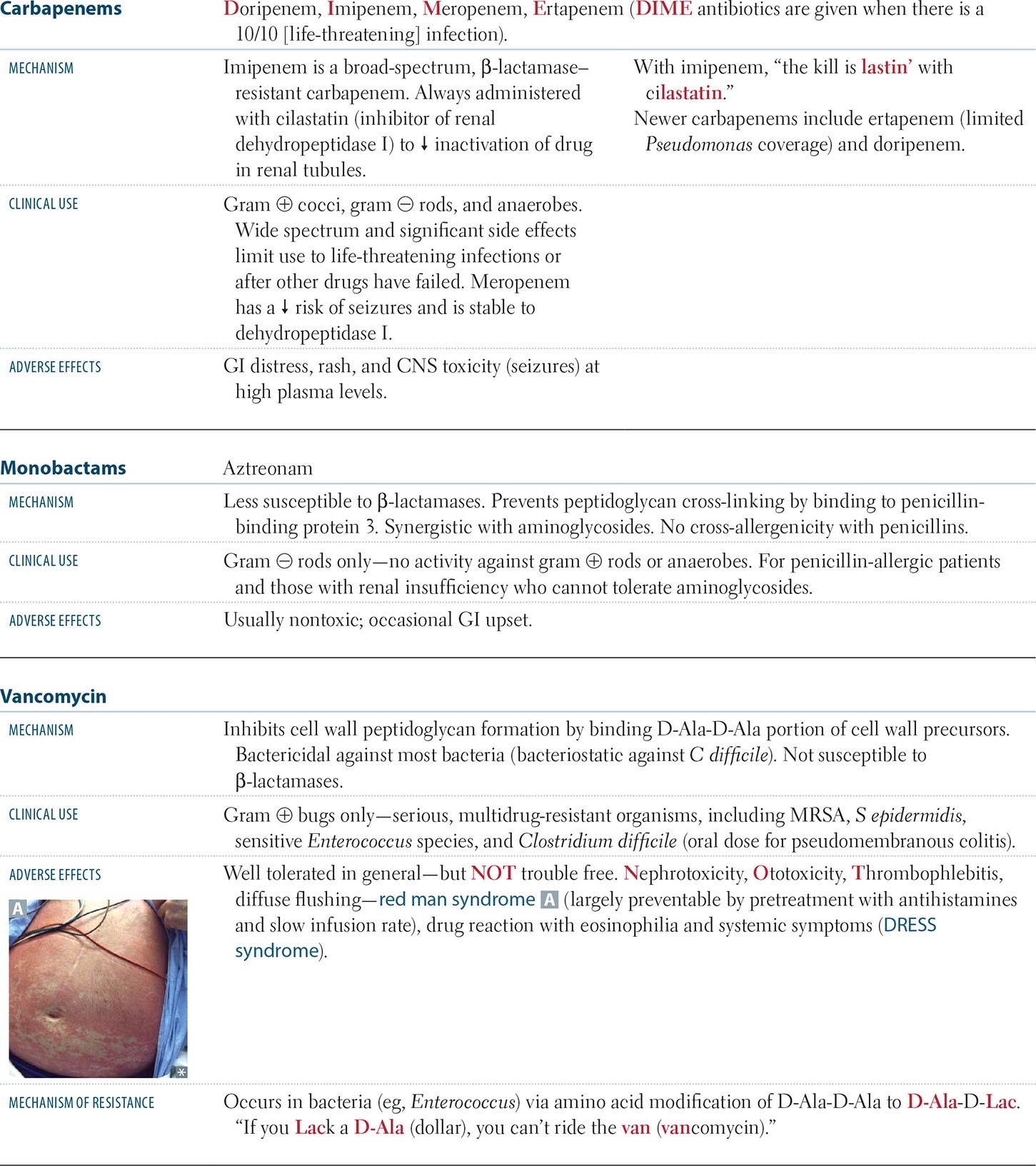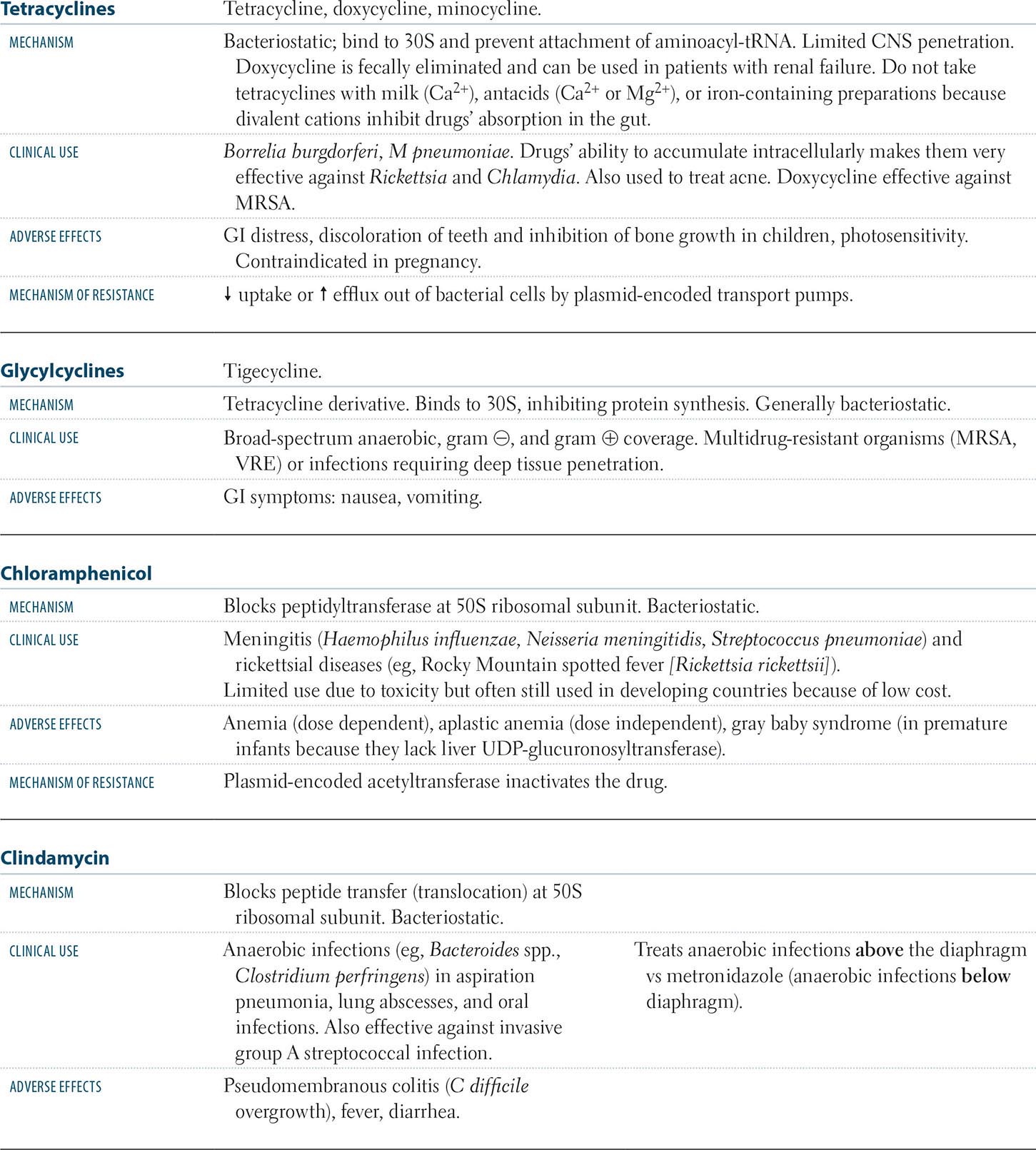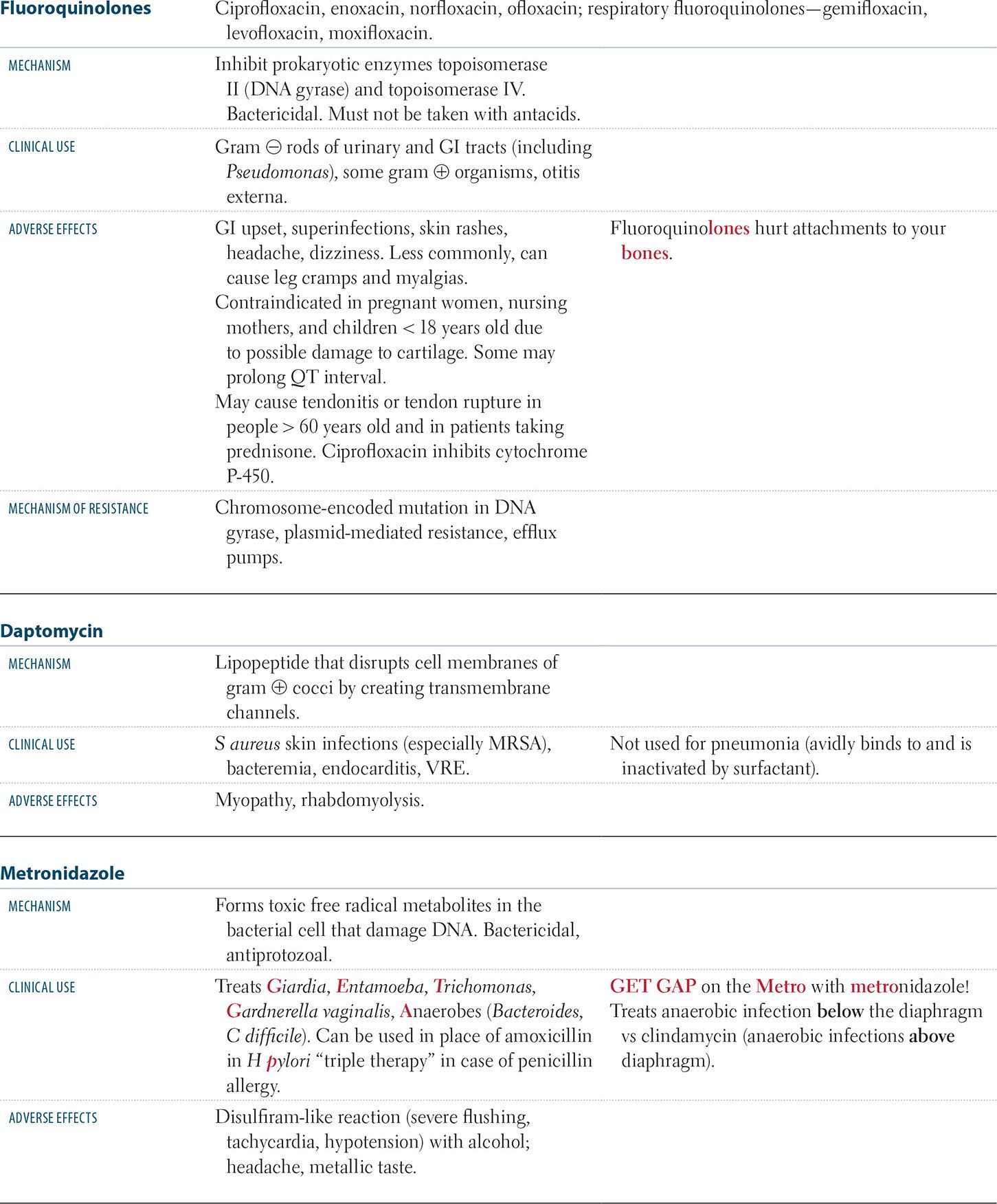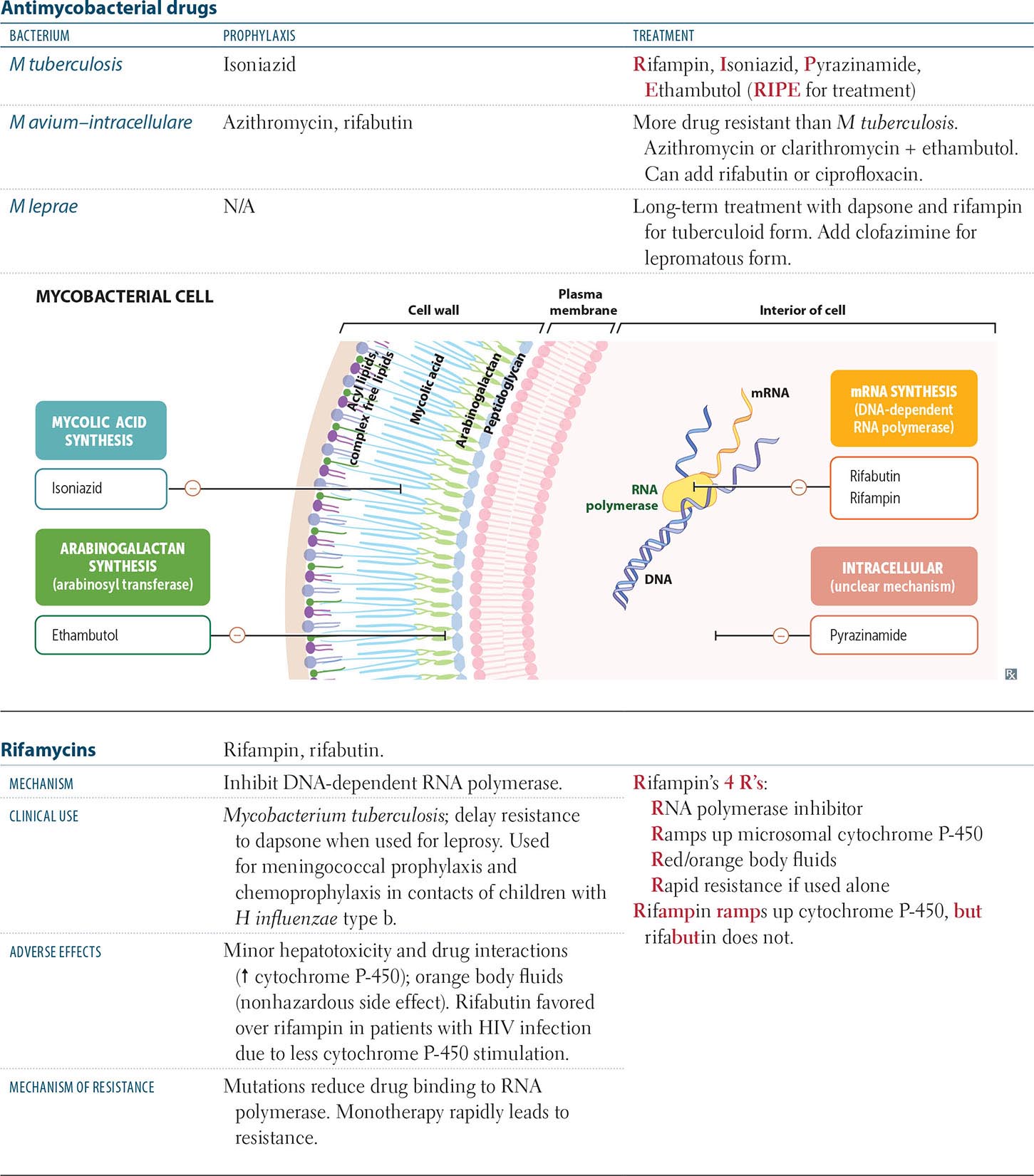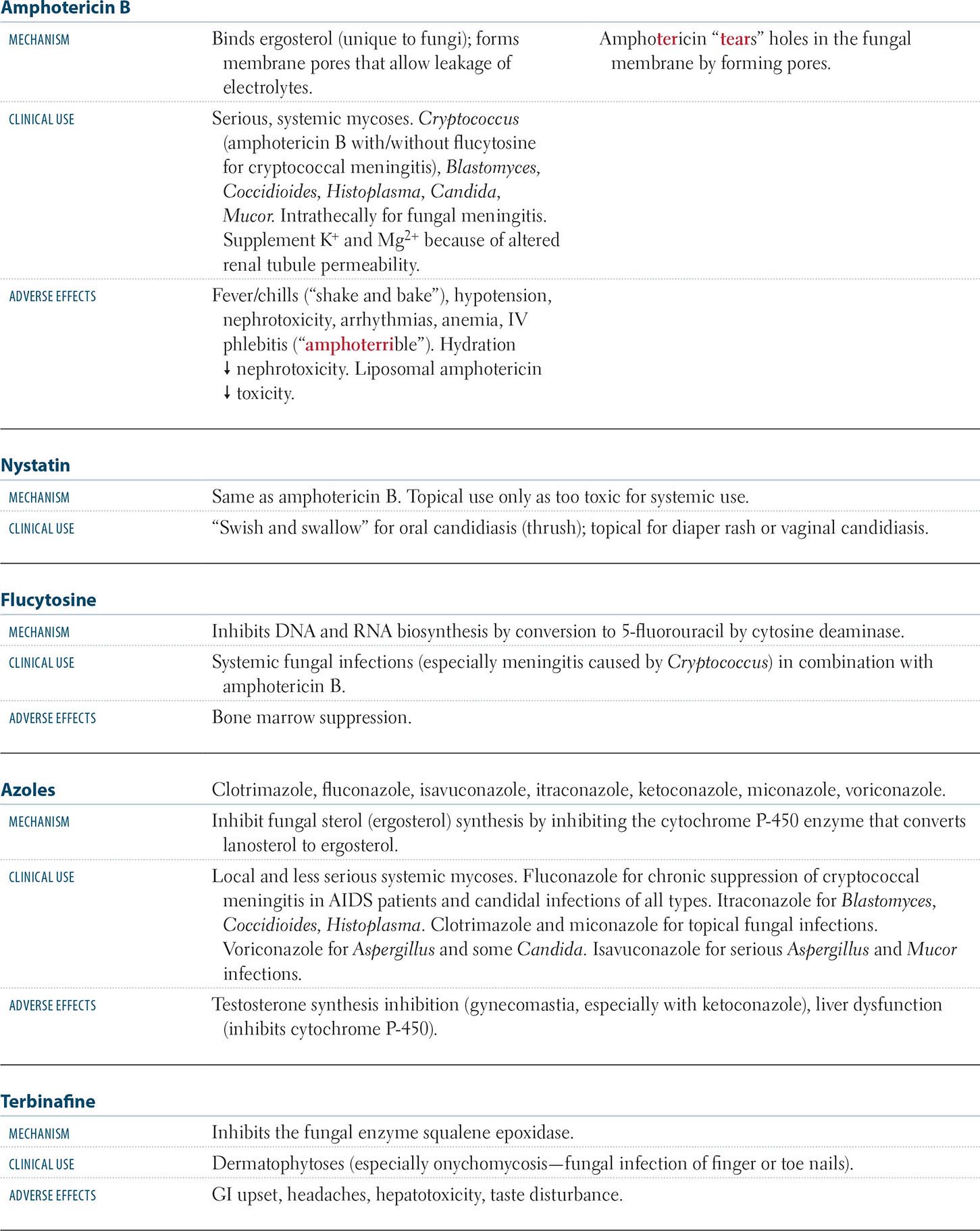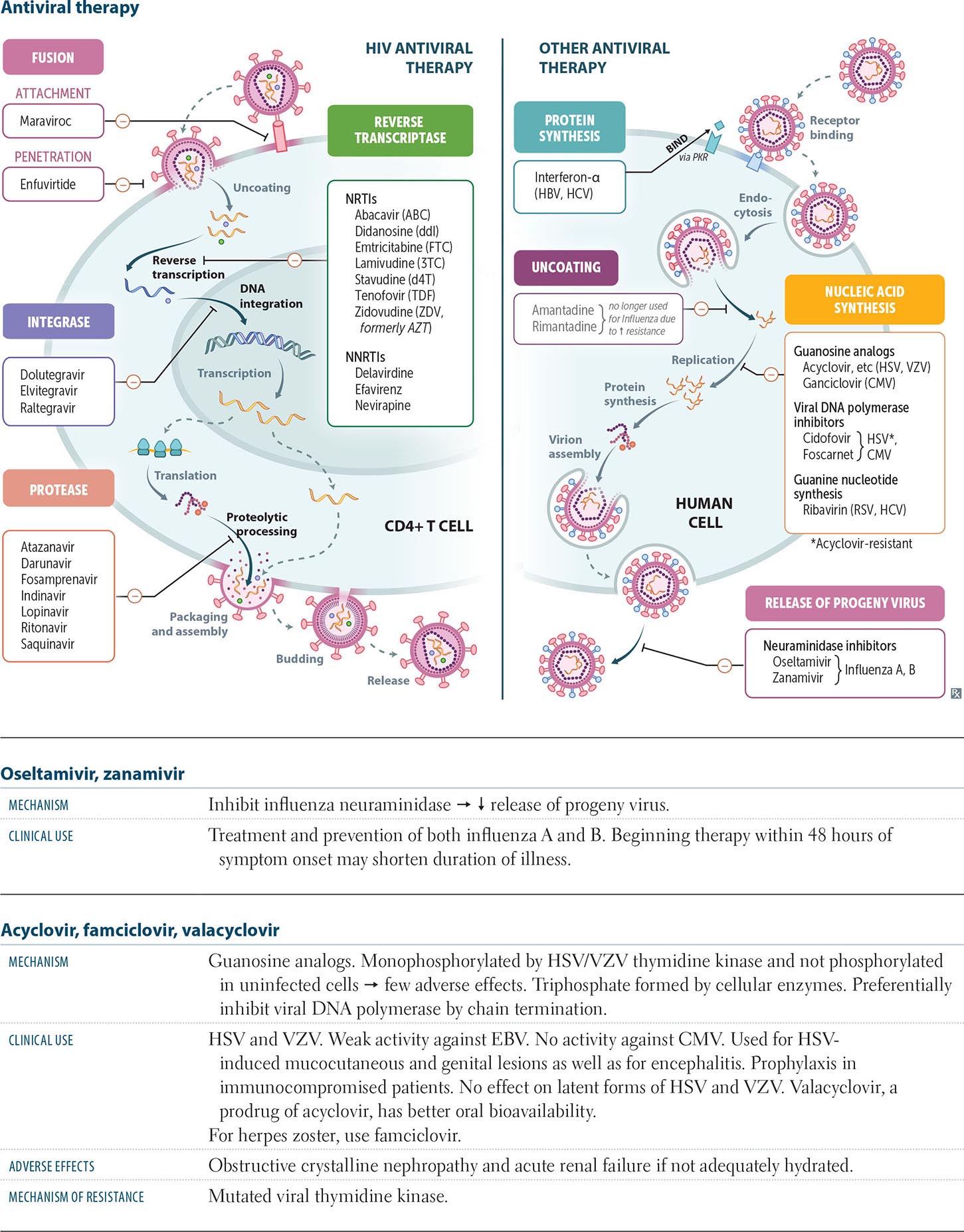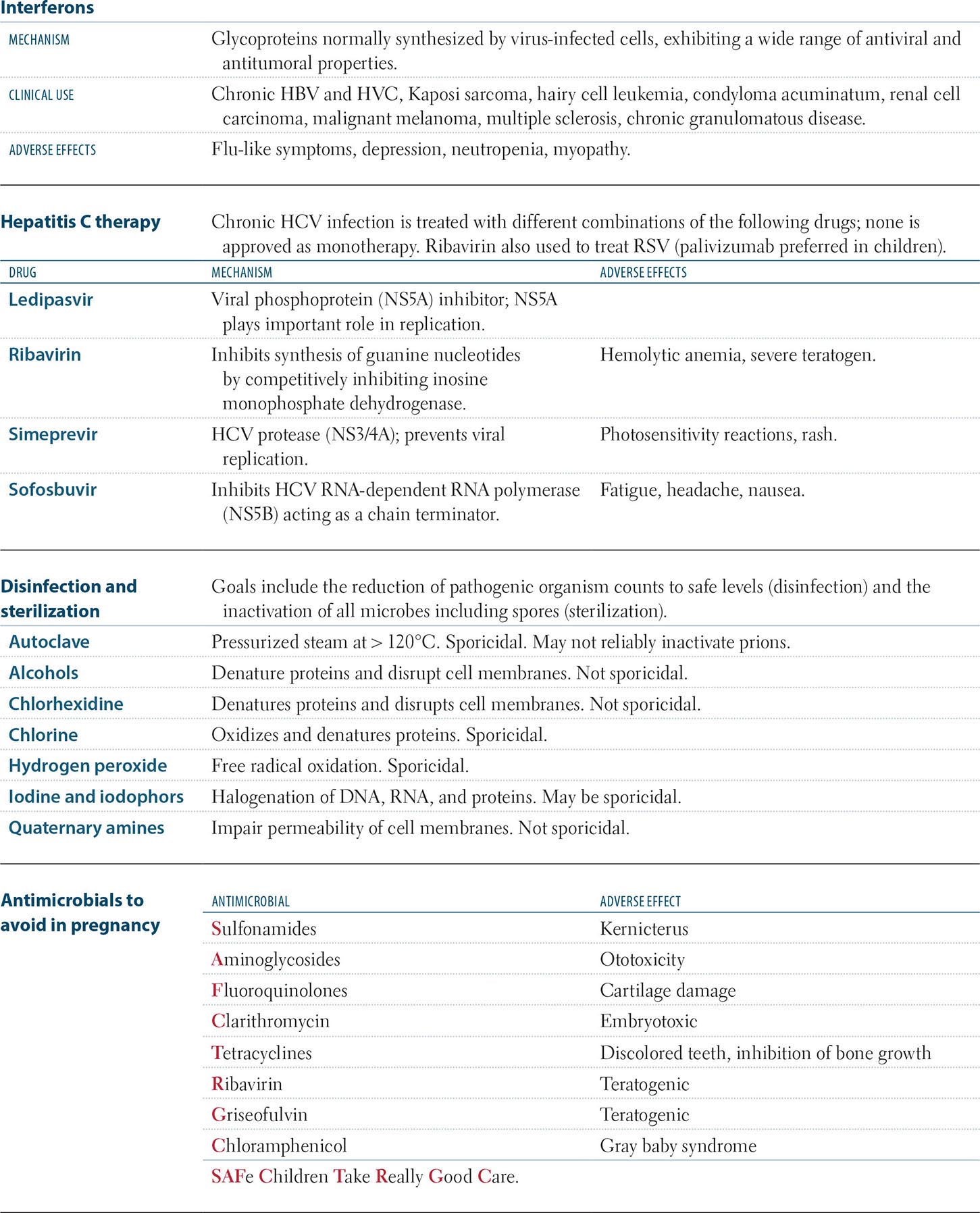HIGH-YIELD PRINCIPLES IN
Microbiology
 Basic Bacteriology
Basic Bacteriology
 Clinical Bacteriology
Clinical Bacteriology
 Mycology
Mycology
 Parasitology
Parasitology
 Virology
Virology
 Systems
Systems
 Antimicrobials
Antimicrobials
“Support bacteria. They’re the only culture some people have.”
—Steven Wright
“What lies behind us and what lies ahead of us are tiny matters compared to what lies within us.”
—Henry S. Haskins
“Infectious disease is merely a disagreeable instance of a widely prevalent tendency of all living creatures to save themselves the bother of building, by their own efforts, the things they require.”
—Hans Zinsser
Microbiology questions on the Step 1 exam often require two (or more) steps: Given a certain clinical presentation, you will first need to identify the most likely causative organism, and you will then need to provide an answer regarding some feature of that organism. For example, a description of a child with fever and a petechial rash will be followed by a question that reads, “From what site does the responsible organism usually enter the blood?”
This section therefore presents organisms in two major ways: in individual microbial “profiles” and in the context of the systems they infect and the clinical presentations they produce. You should become familiar with both formats. When reviewing the systems approach, remind yourself of the features of each microbe by returning to the individual profiles. Also be sure to memorize the laboratory characteristics that allow you to identify microbes.
 MICROBIOLOGY—BASIC BACTERIOLOGY
MICROBIOLOGY—BASIC BACTERIOLOGY
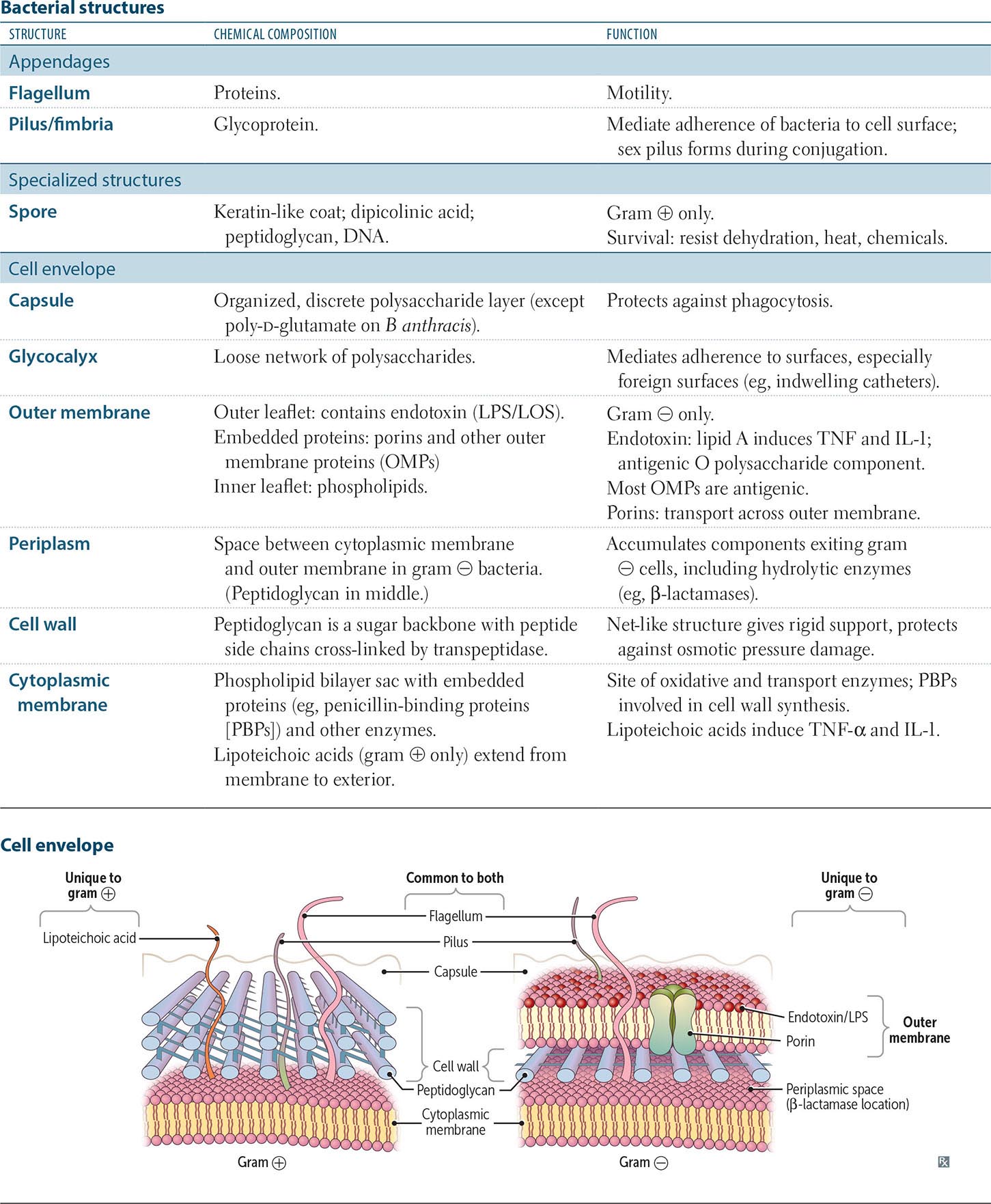
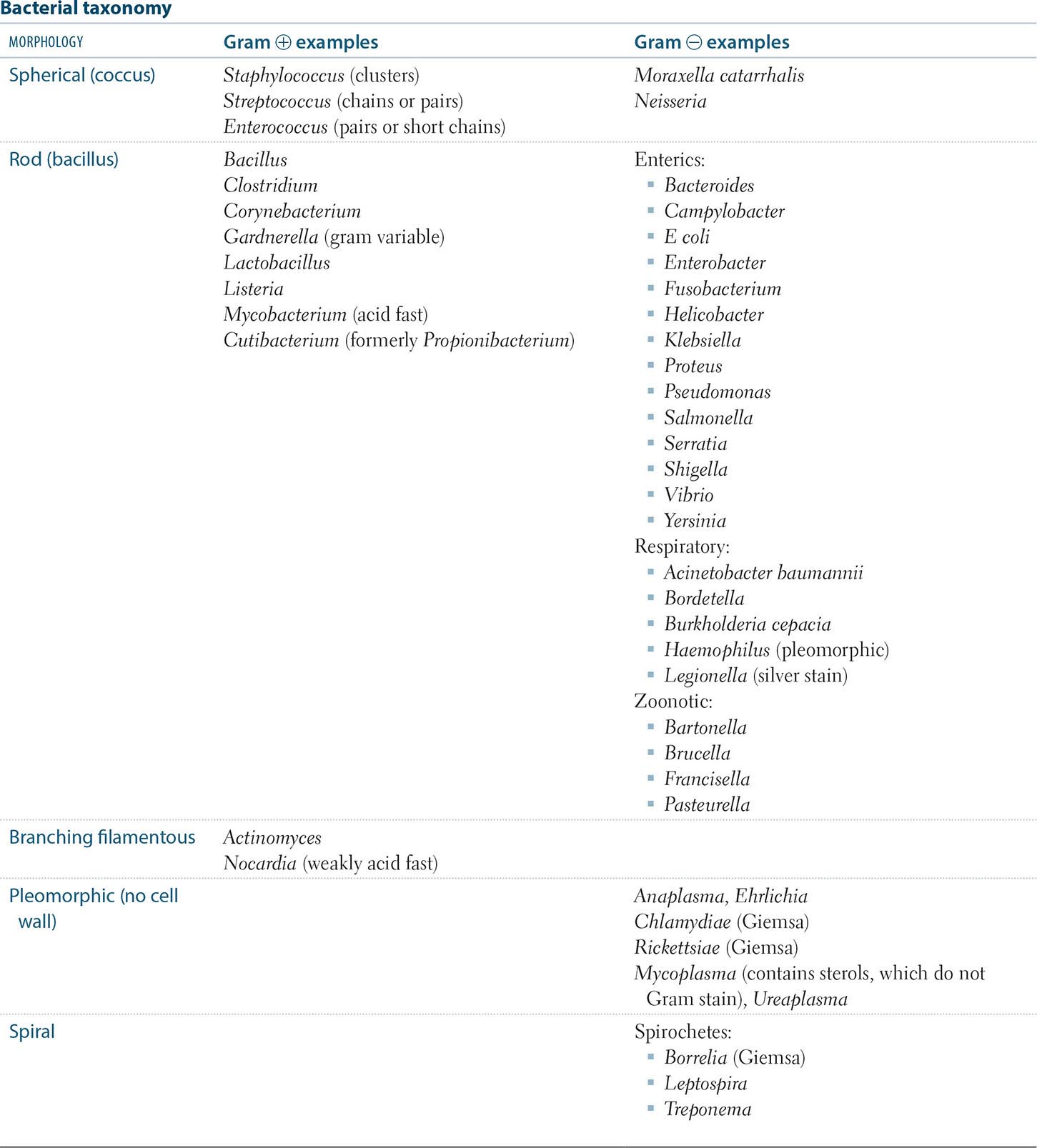
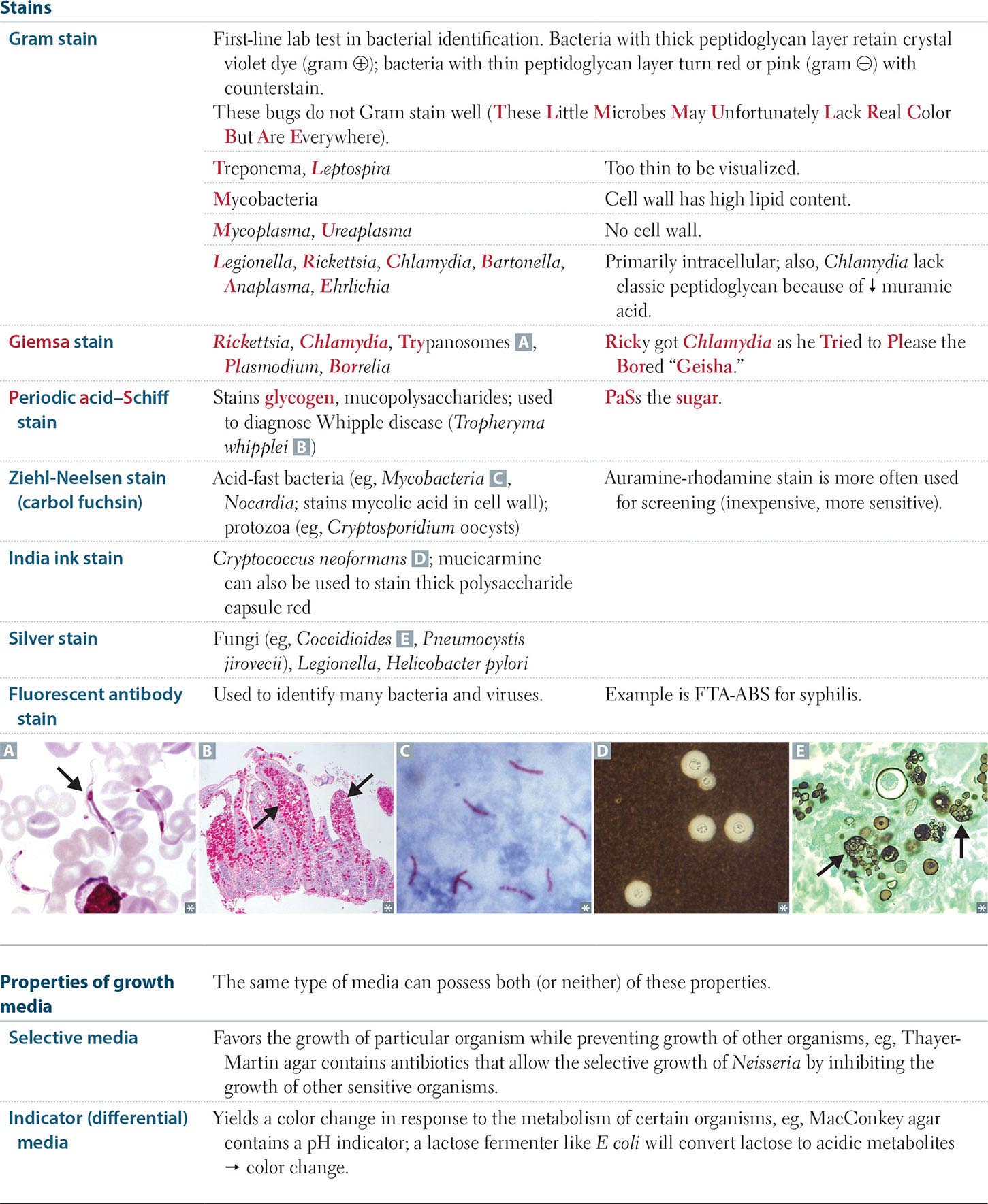
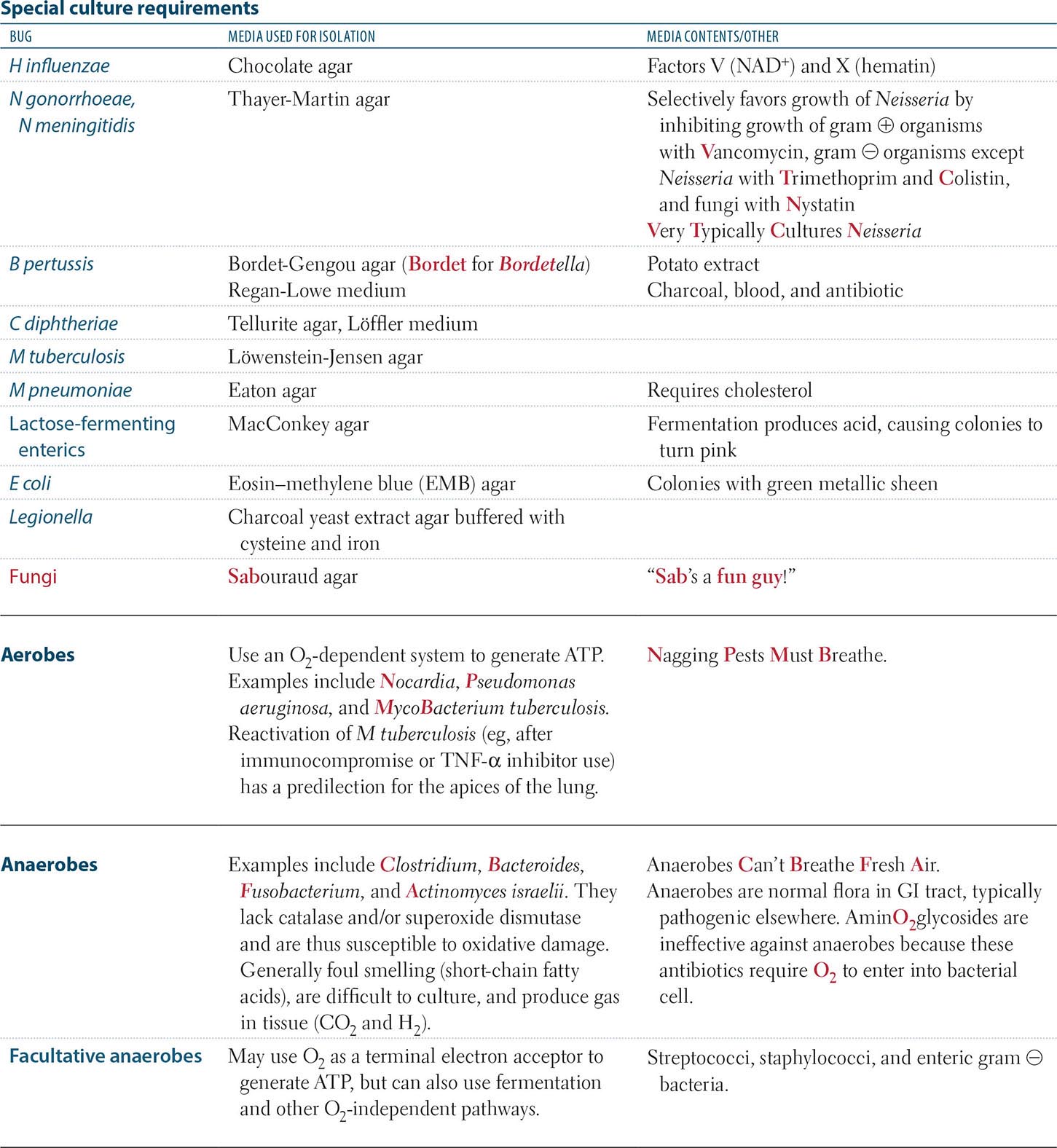
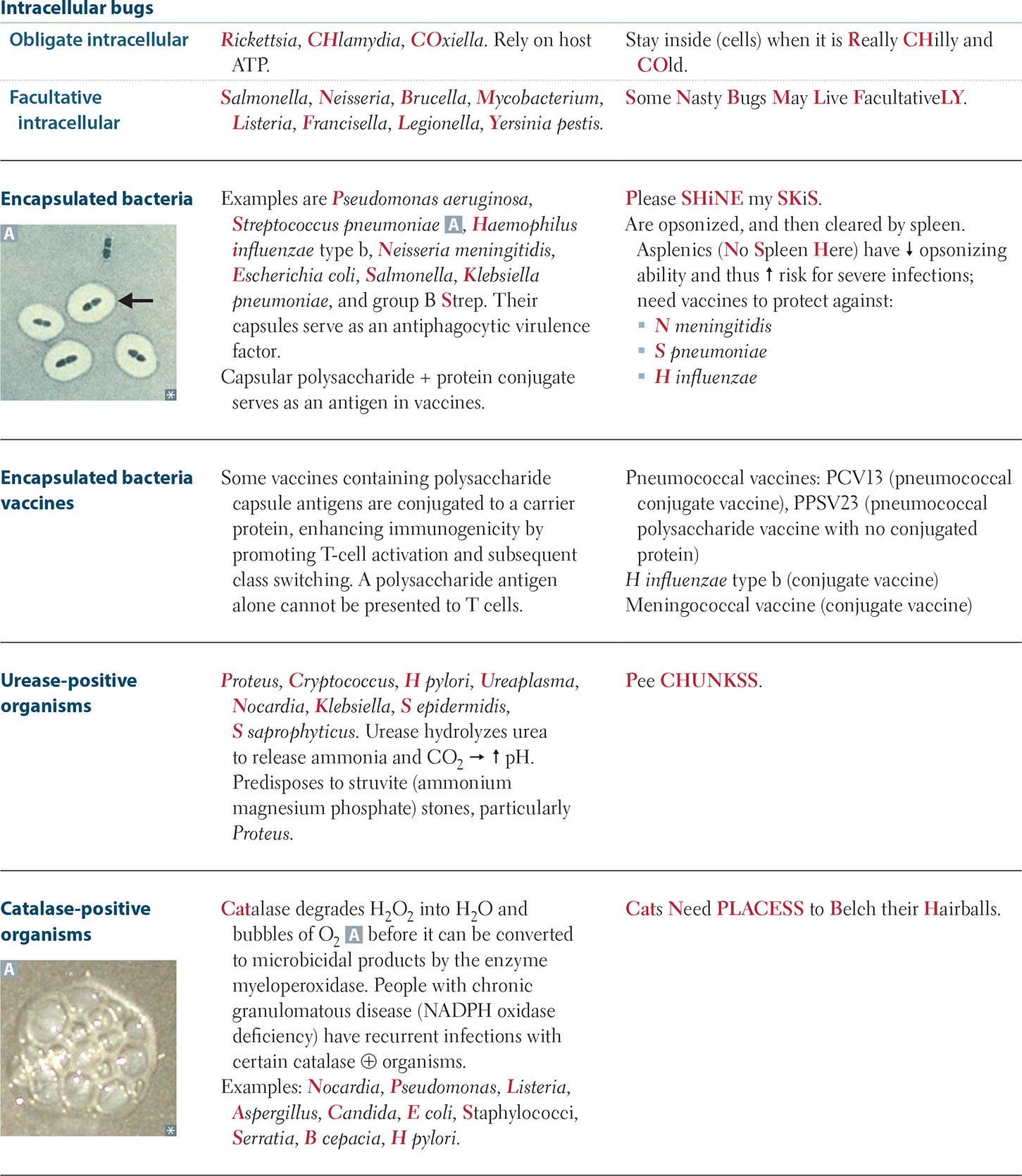

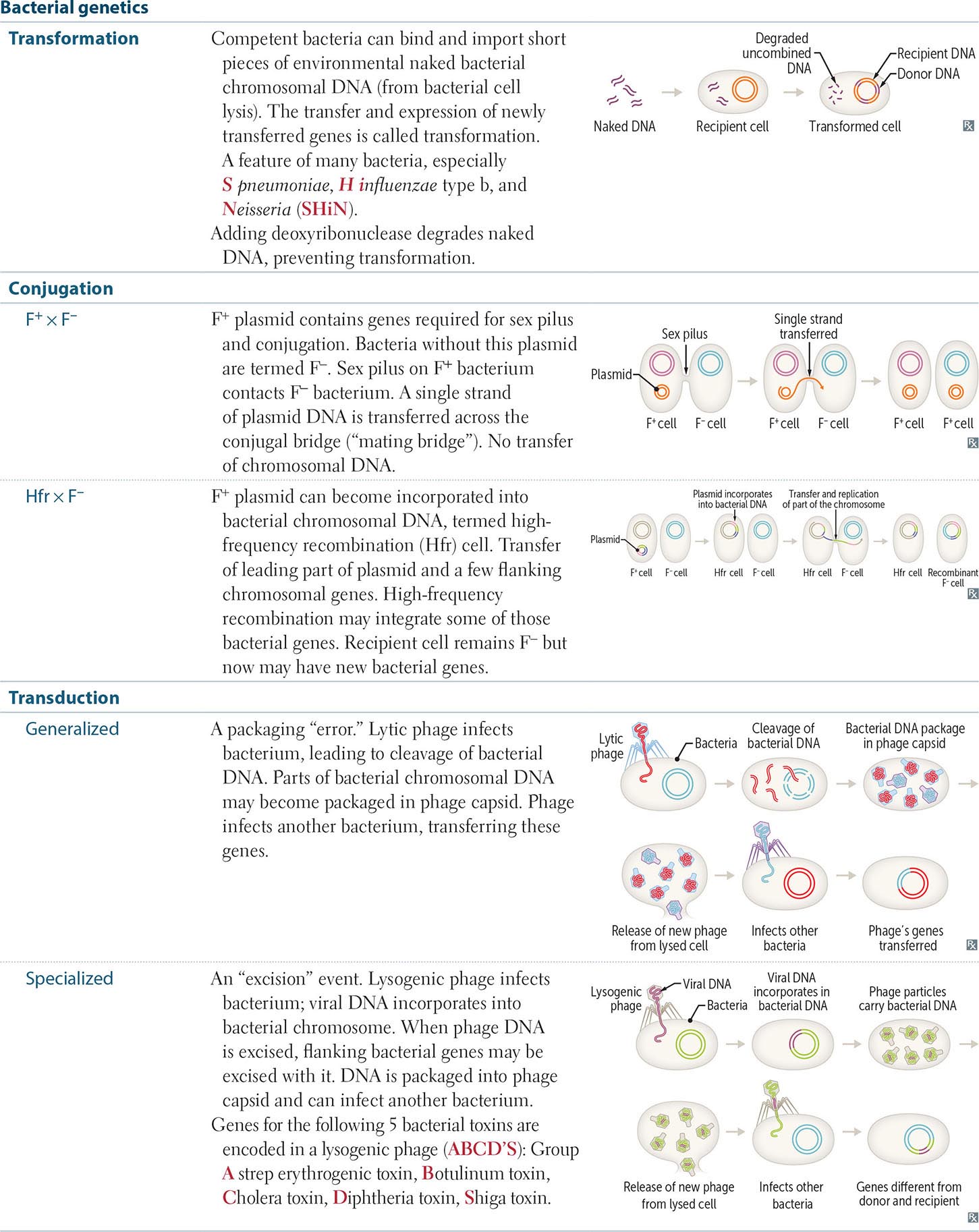
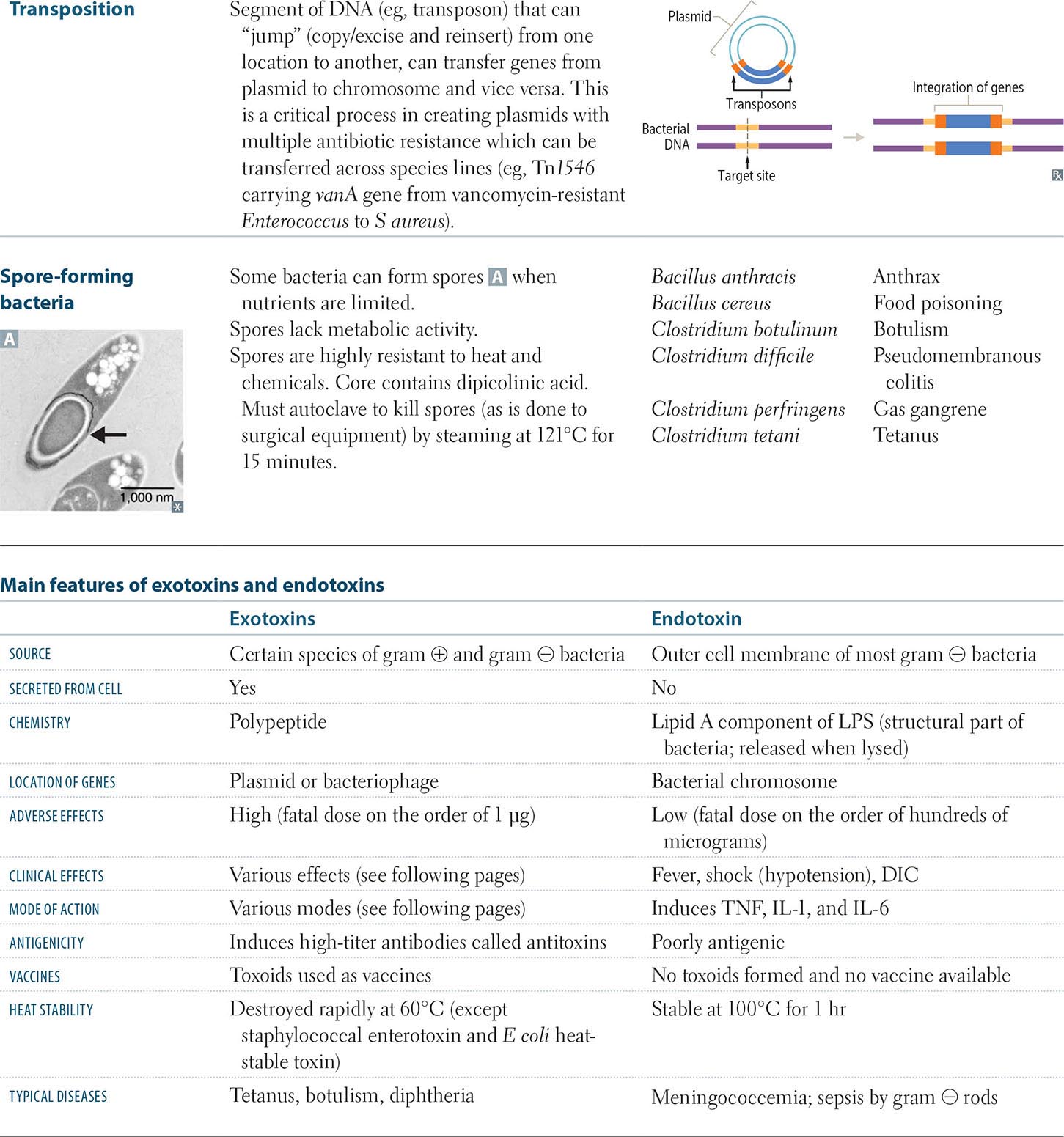


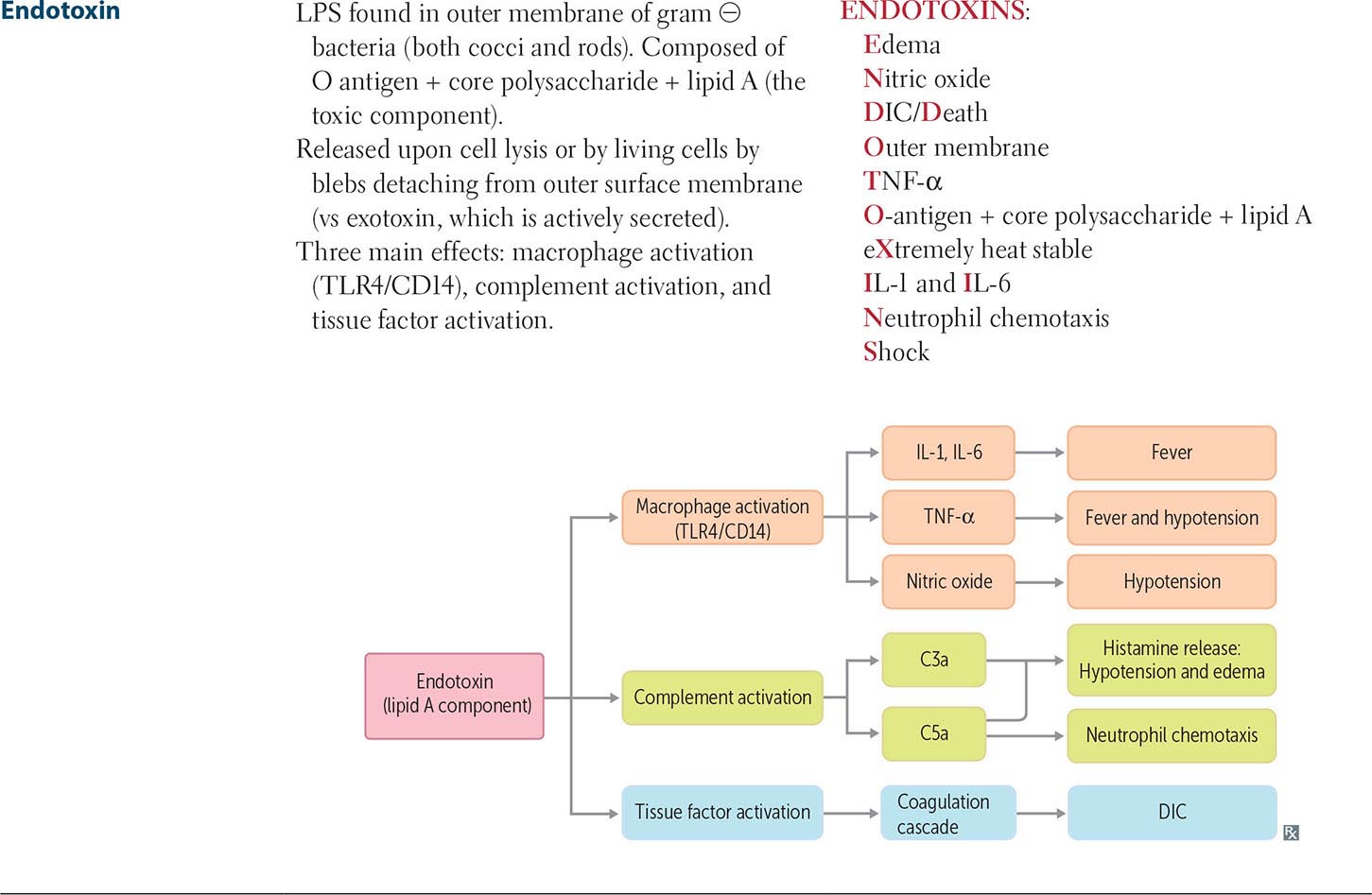
 MICROBIOLOGY—CLINICAL BACTERIOLOGY
MICROBIOLOGY—CLINICAL BACTERIOLOGY
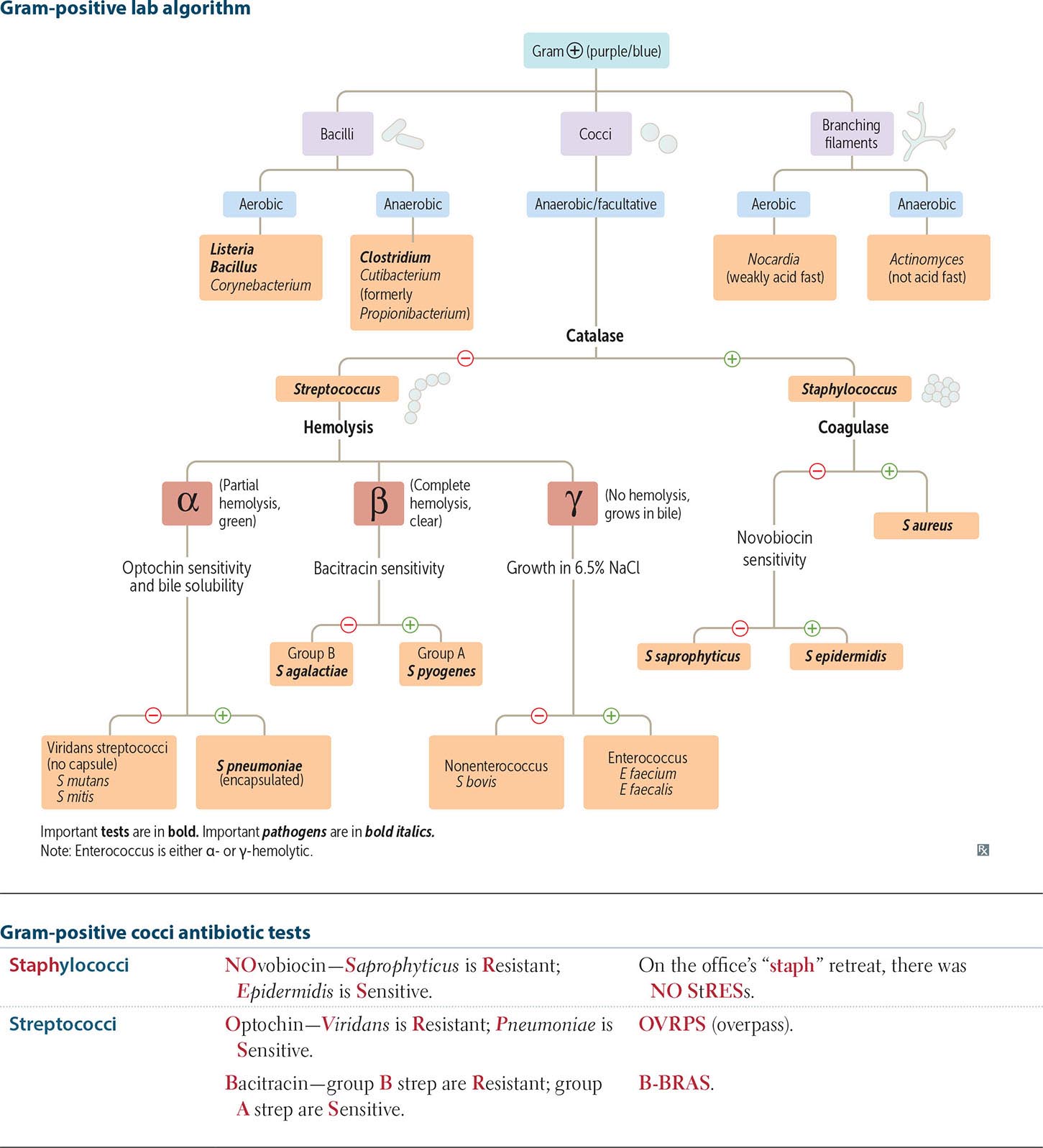





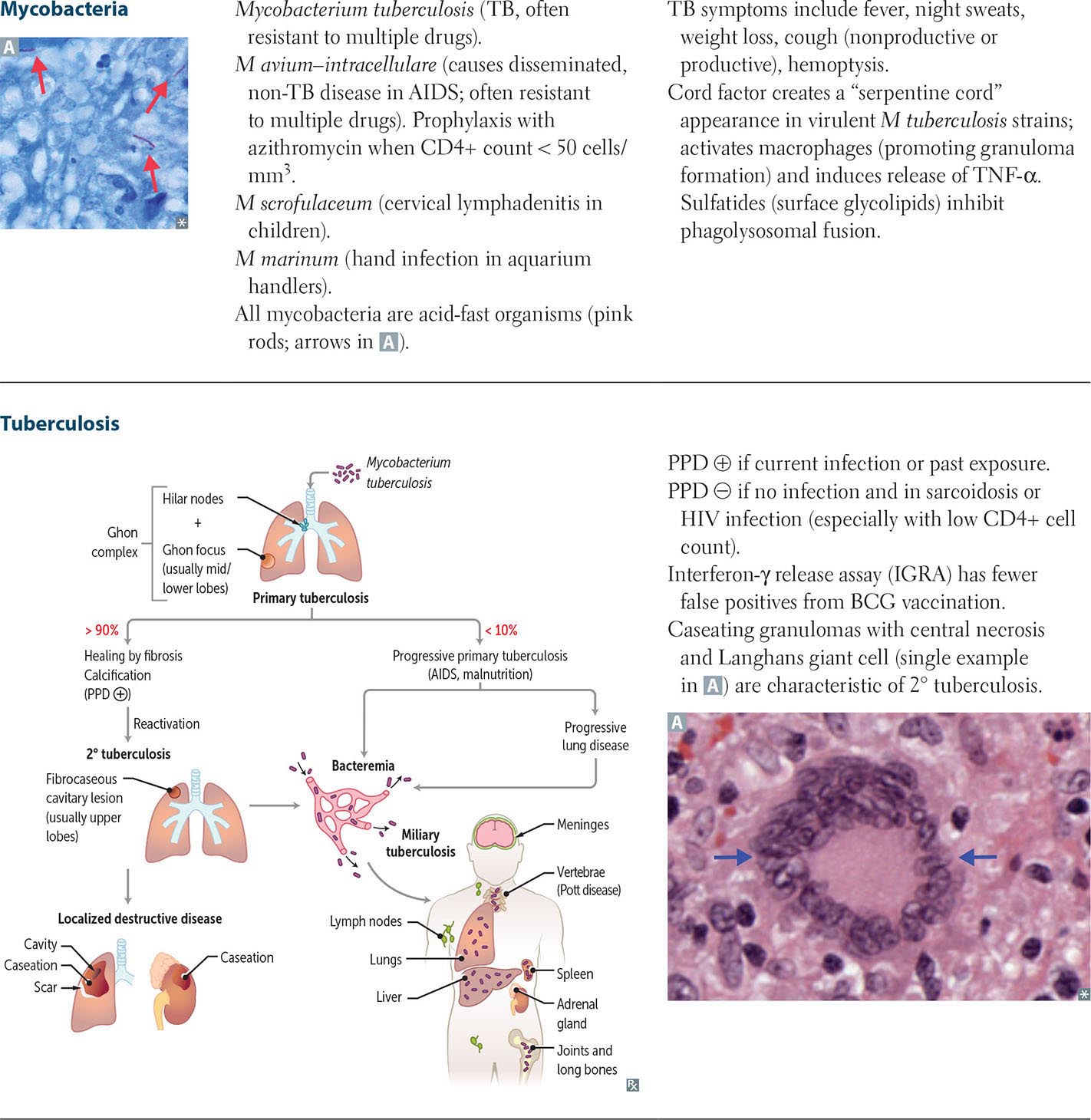

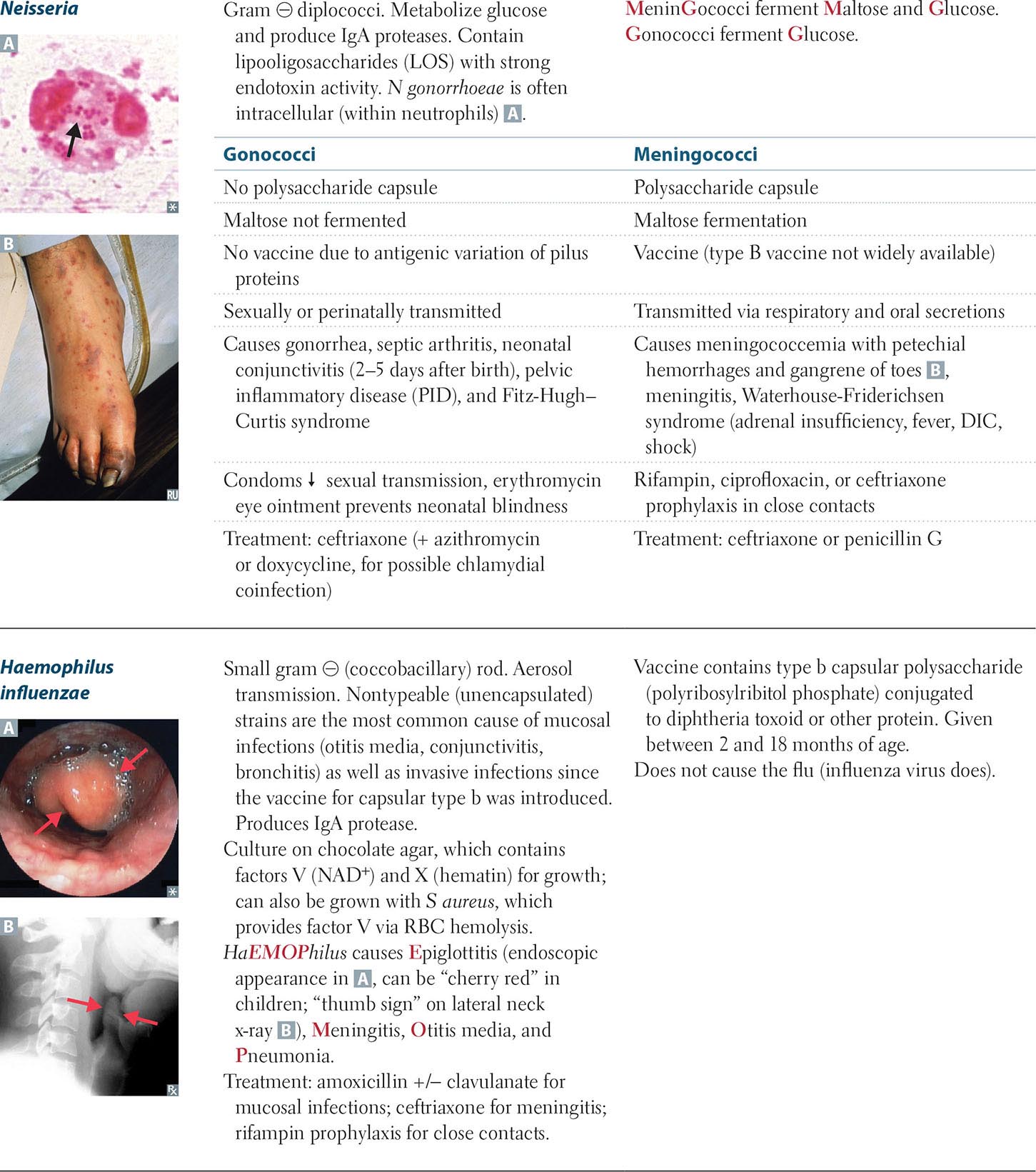

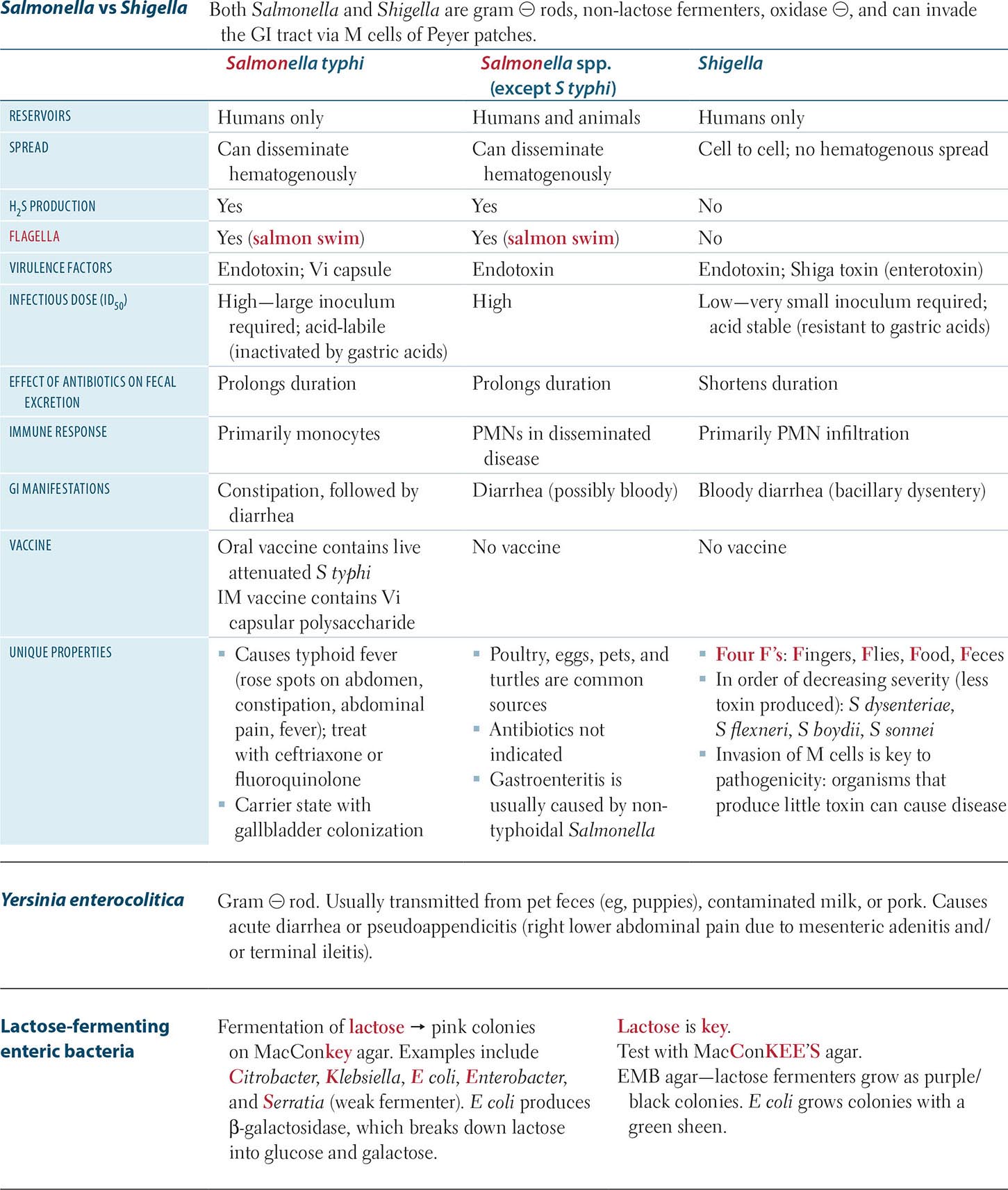


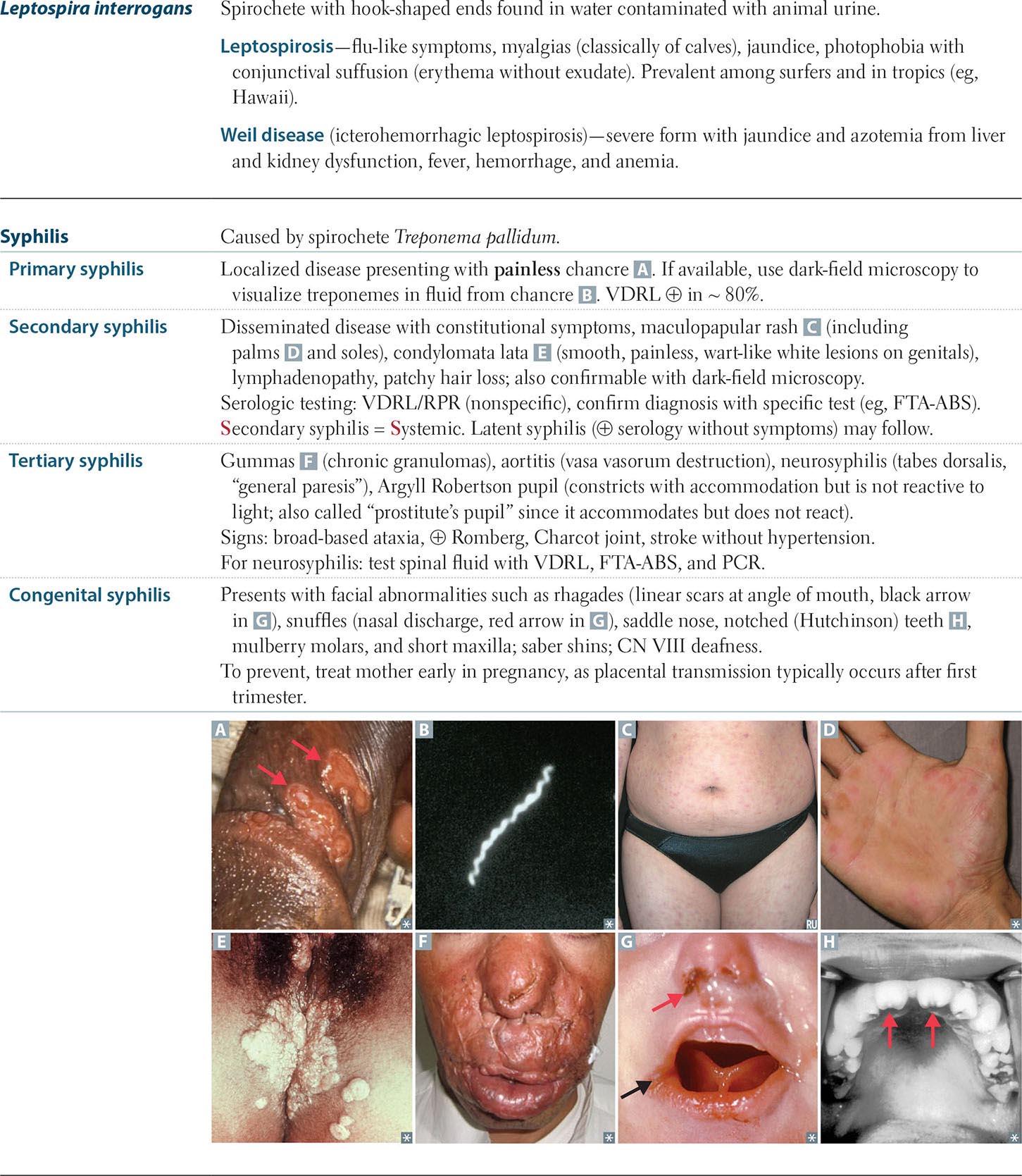
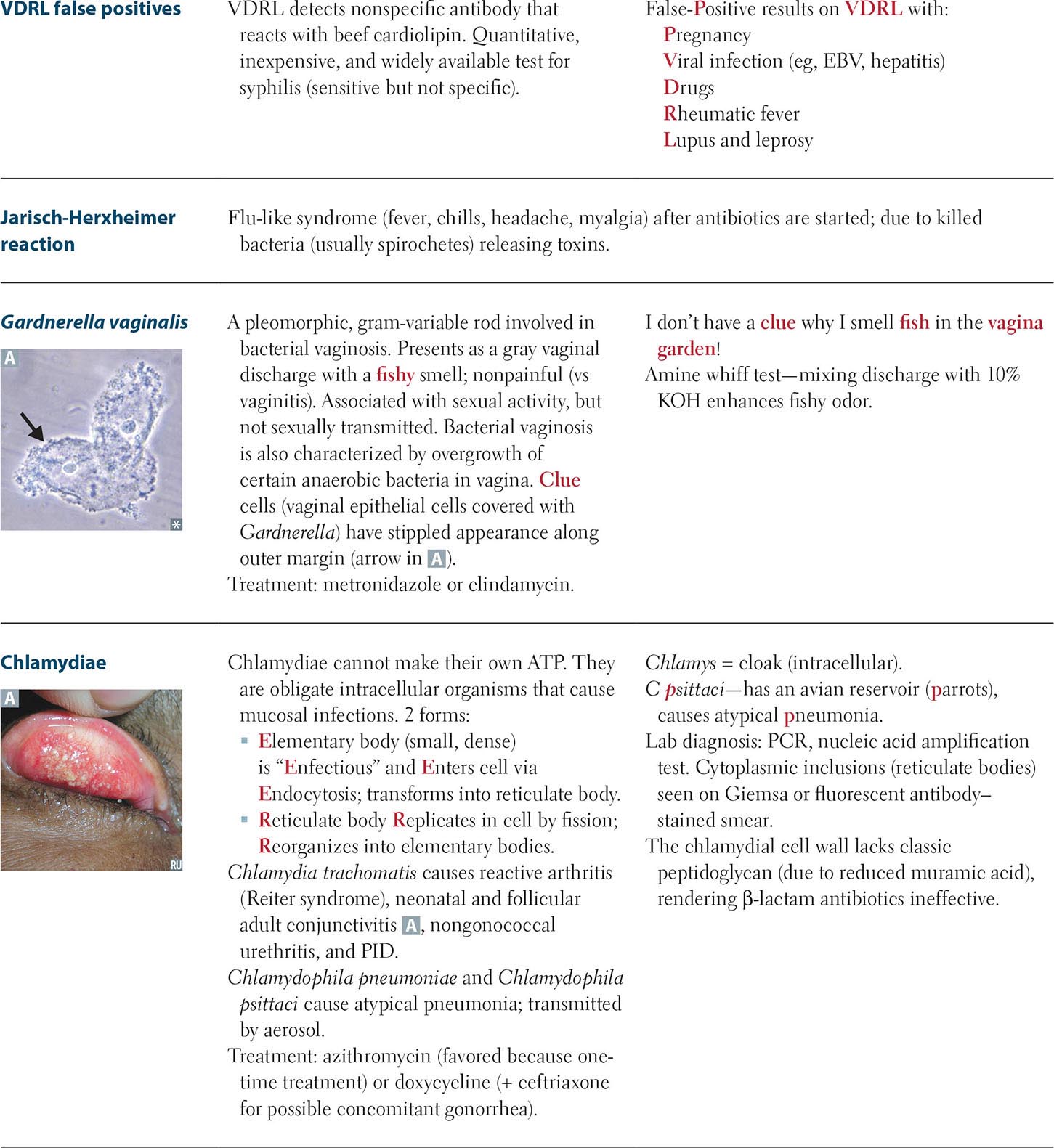


 MICROBIOLOGY—MYCOLOGY
MICROBIOLOGY—MYCOLOGY
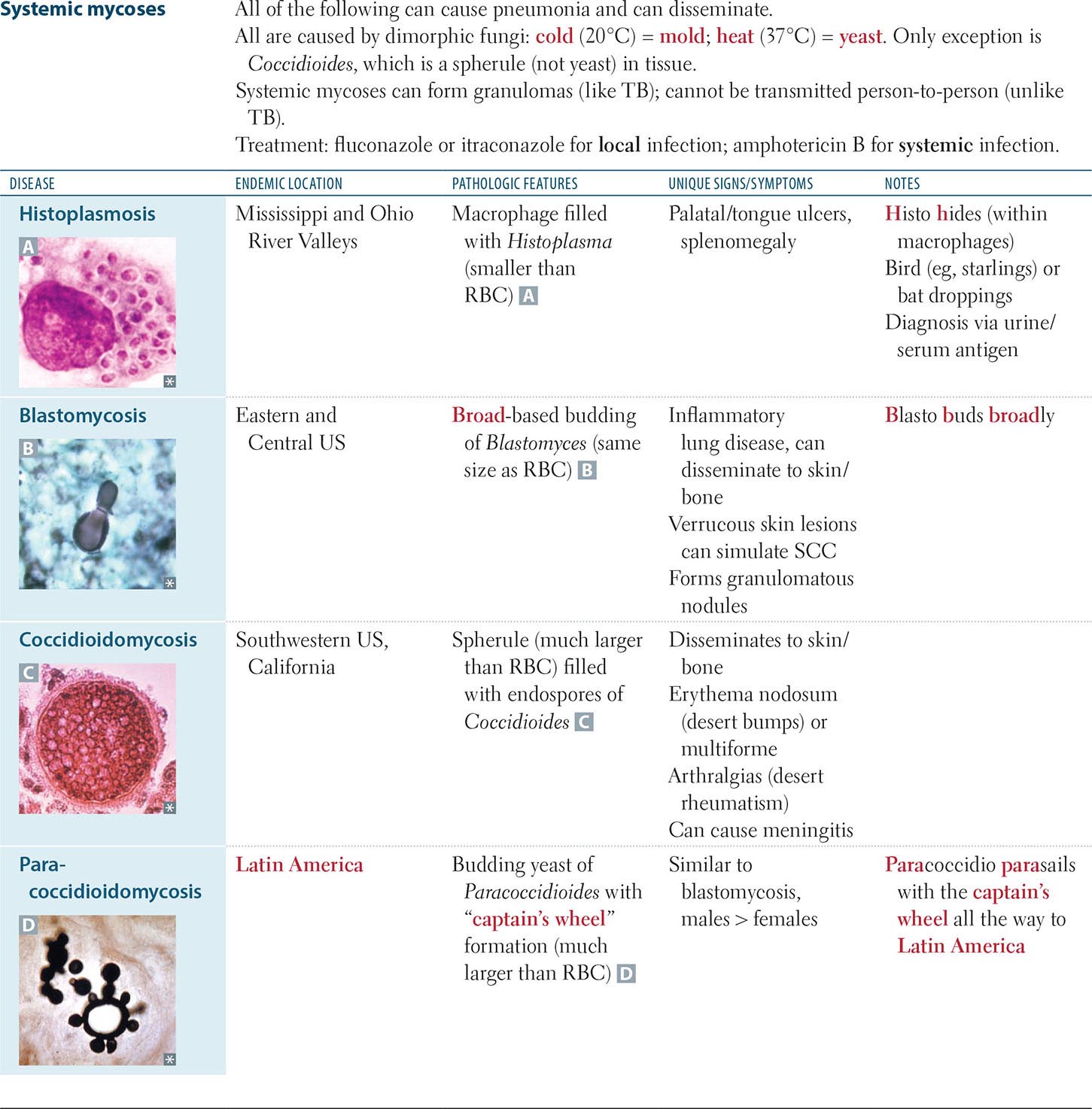
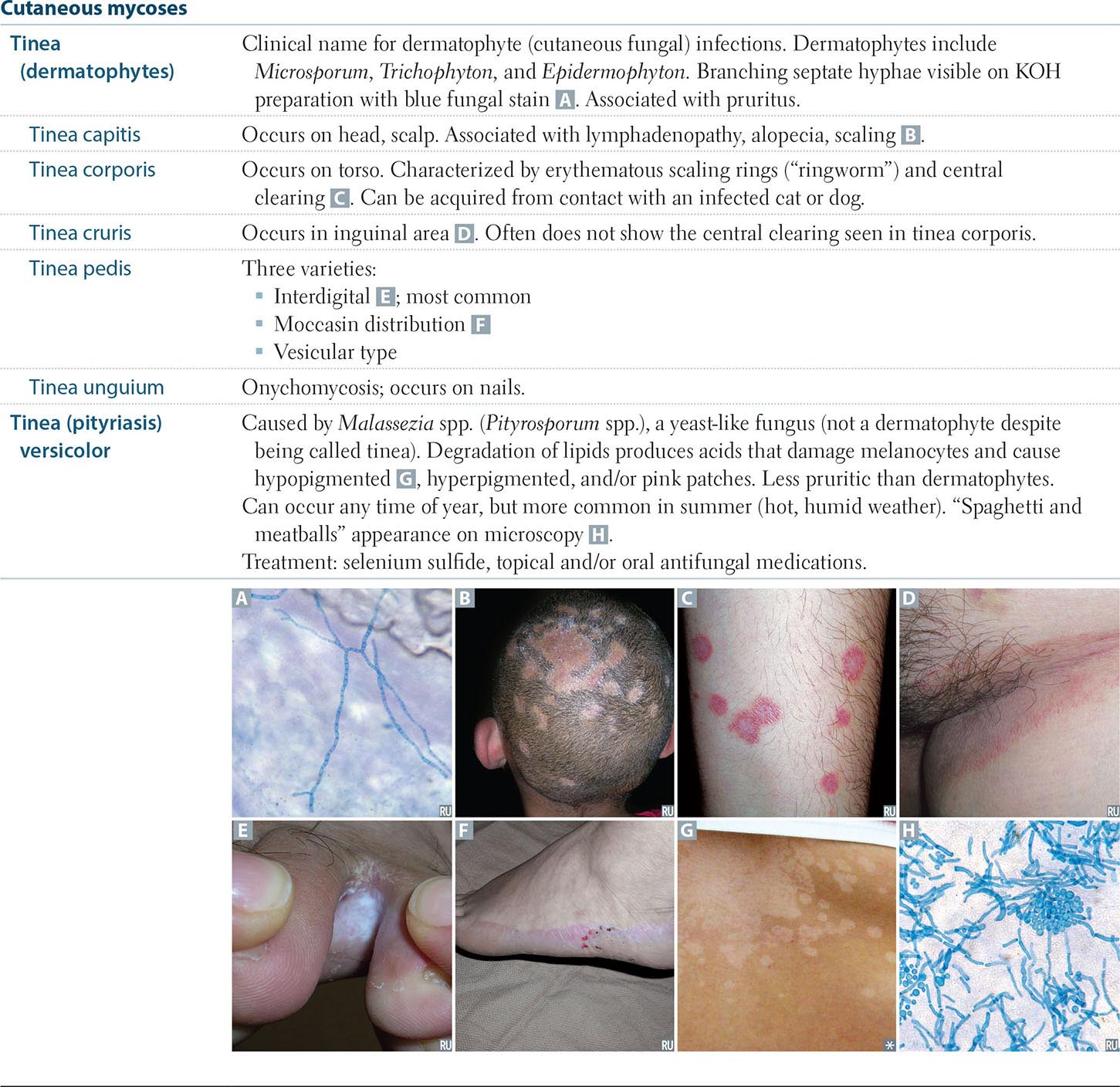
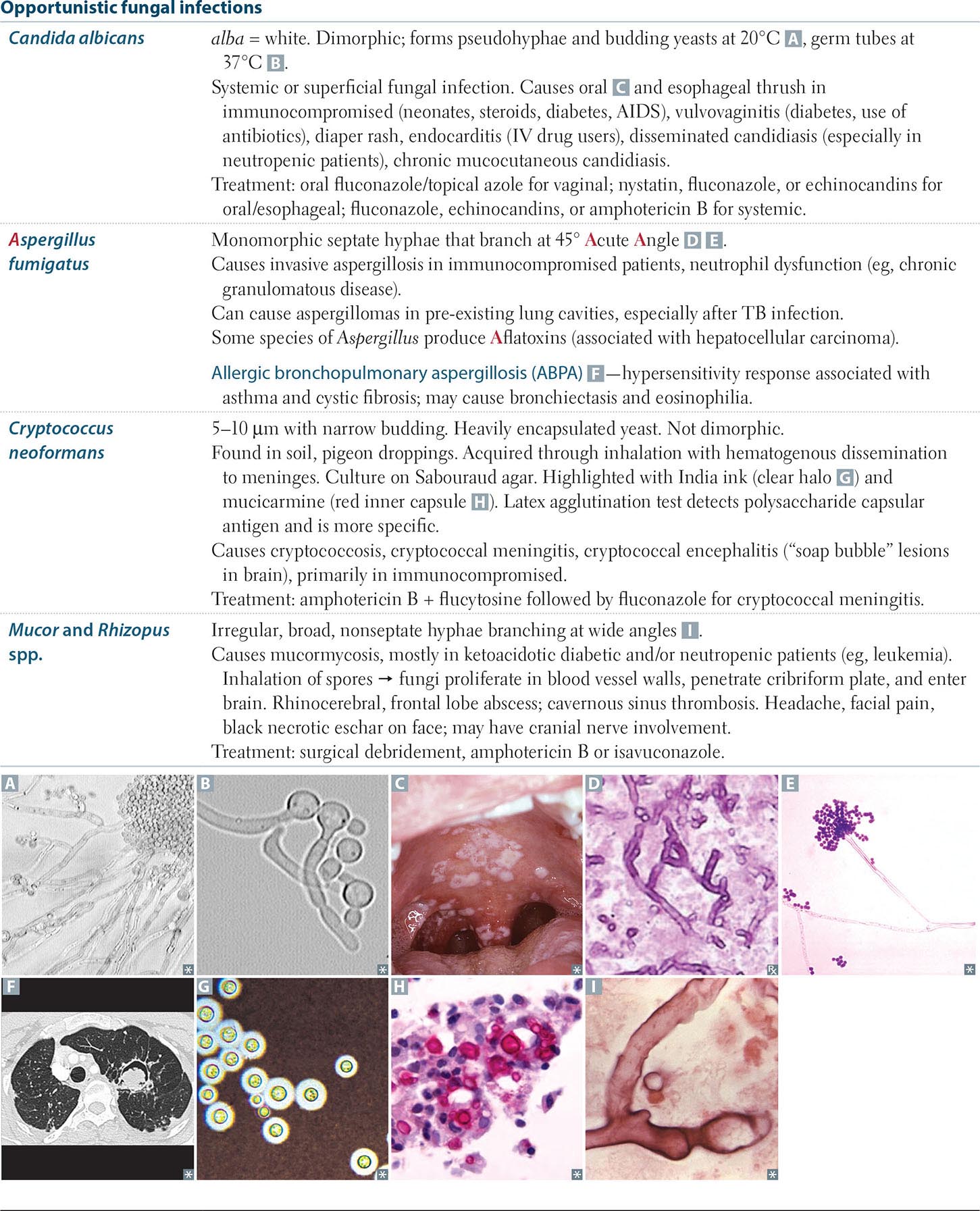

 MICROBIOLOGY—PARASITOLOGY
MICROBIOLOGY—PARASITOLOGY
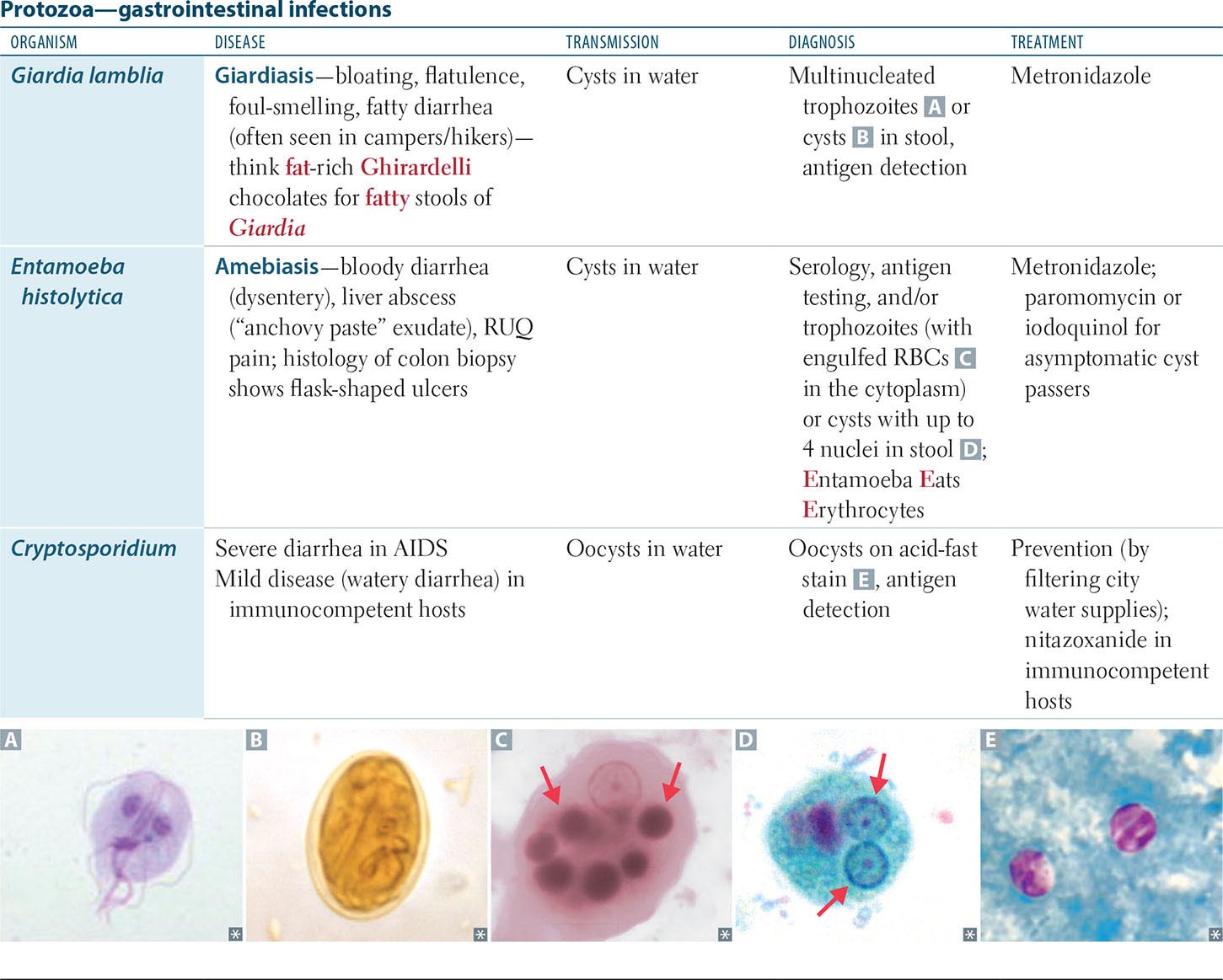

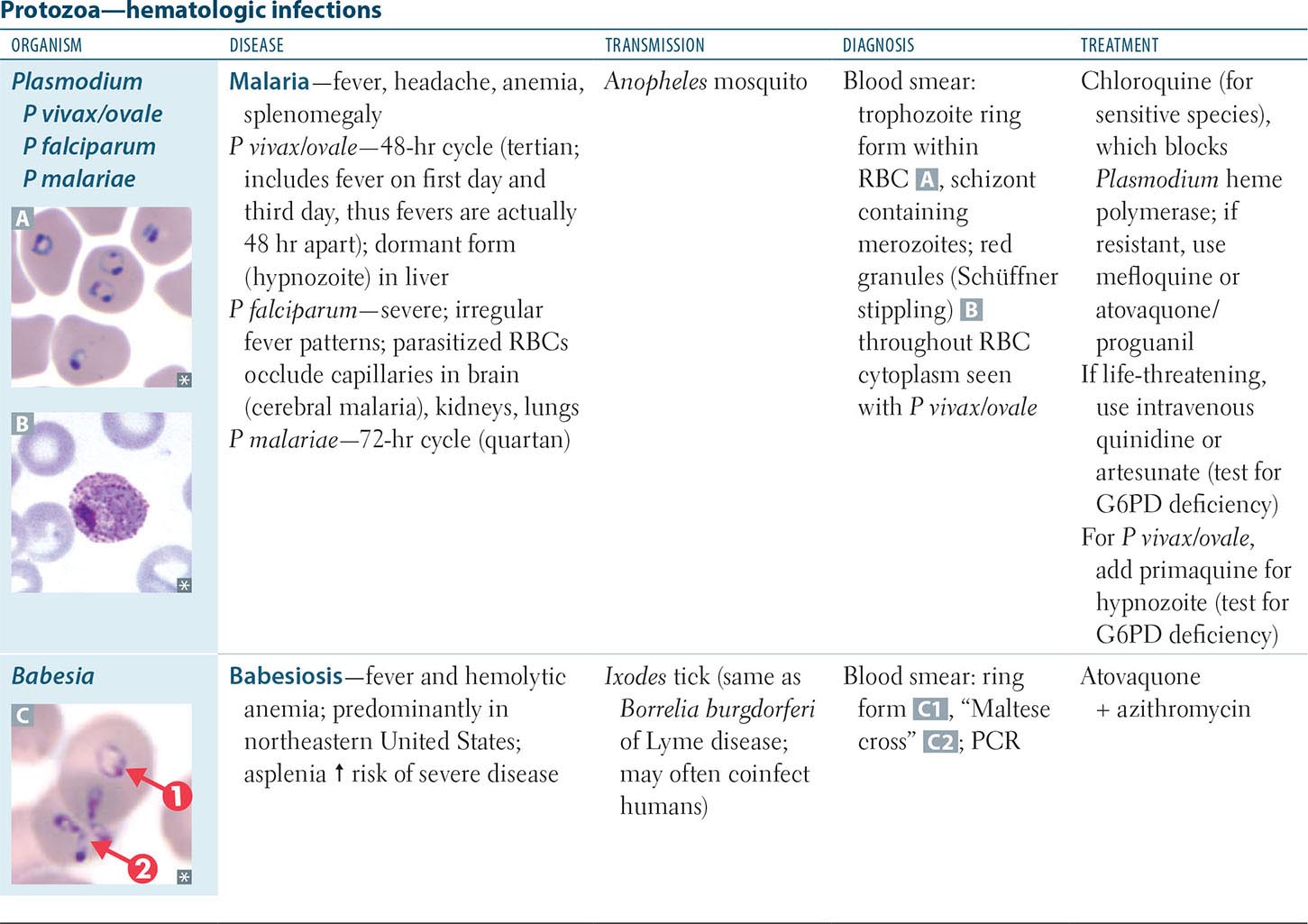


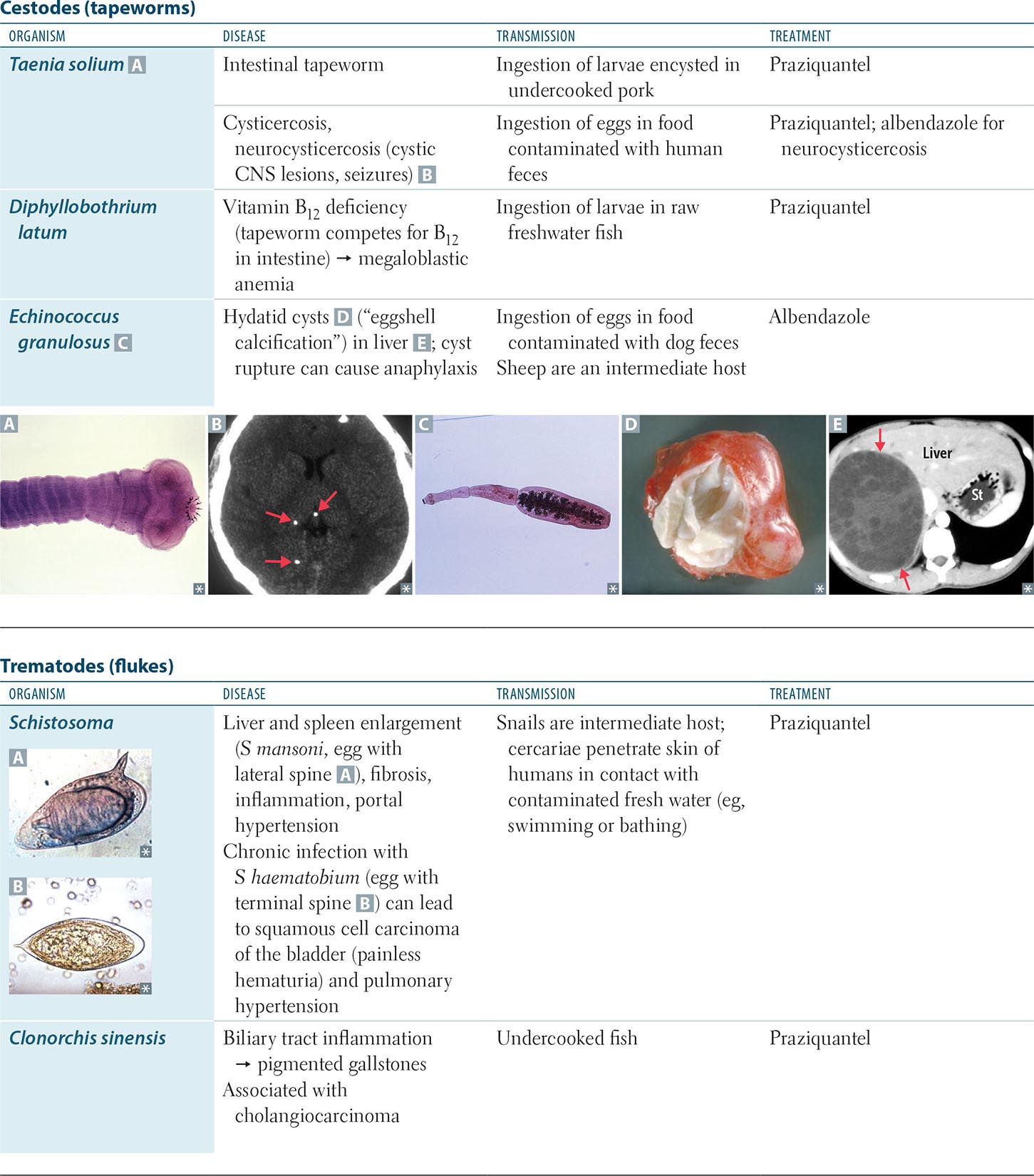
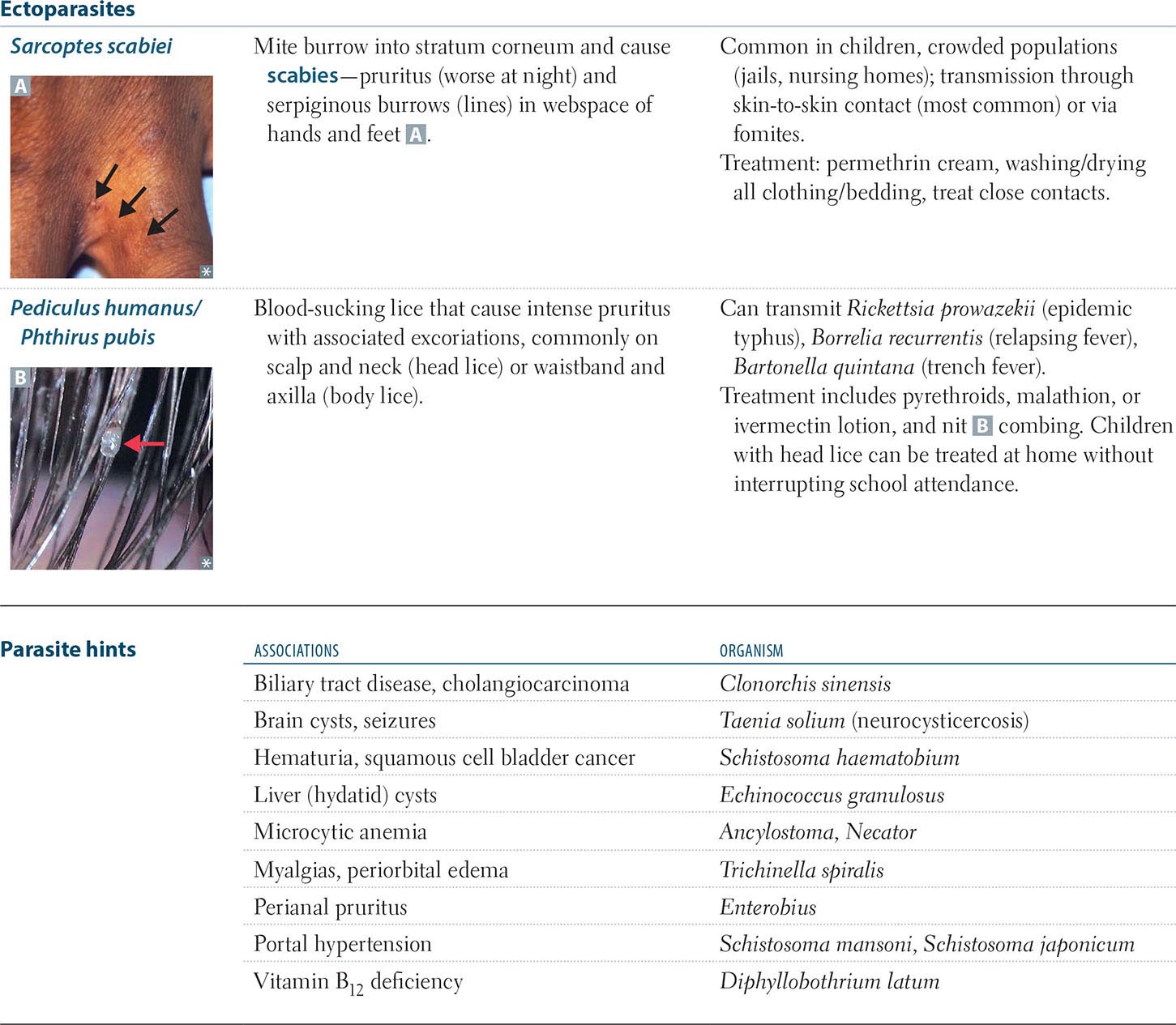
 MICROBIOLOGY—VIROLOGY
MICROBIOLOGY—VIROLOGY
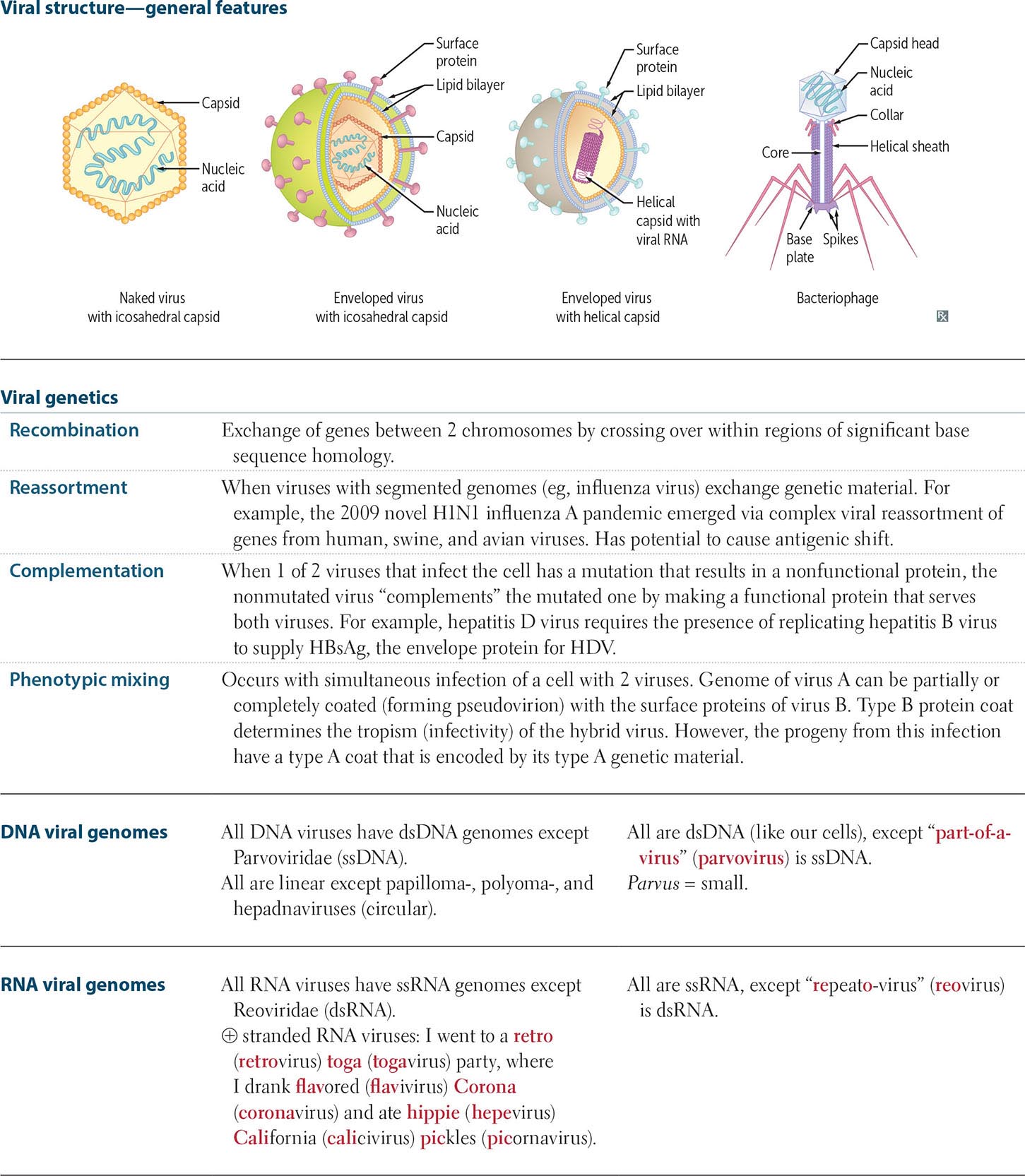

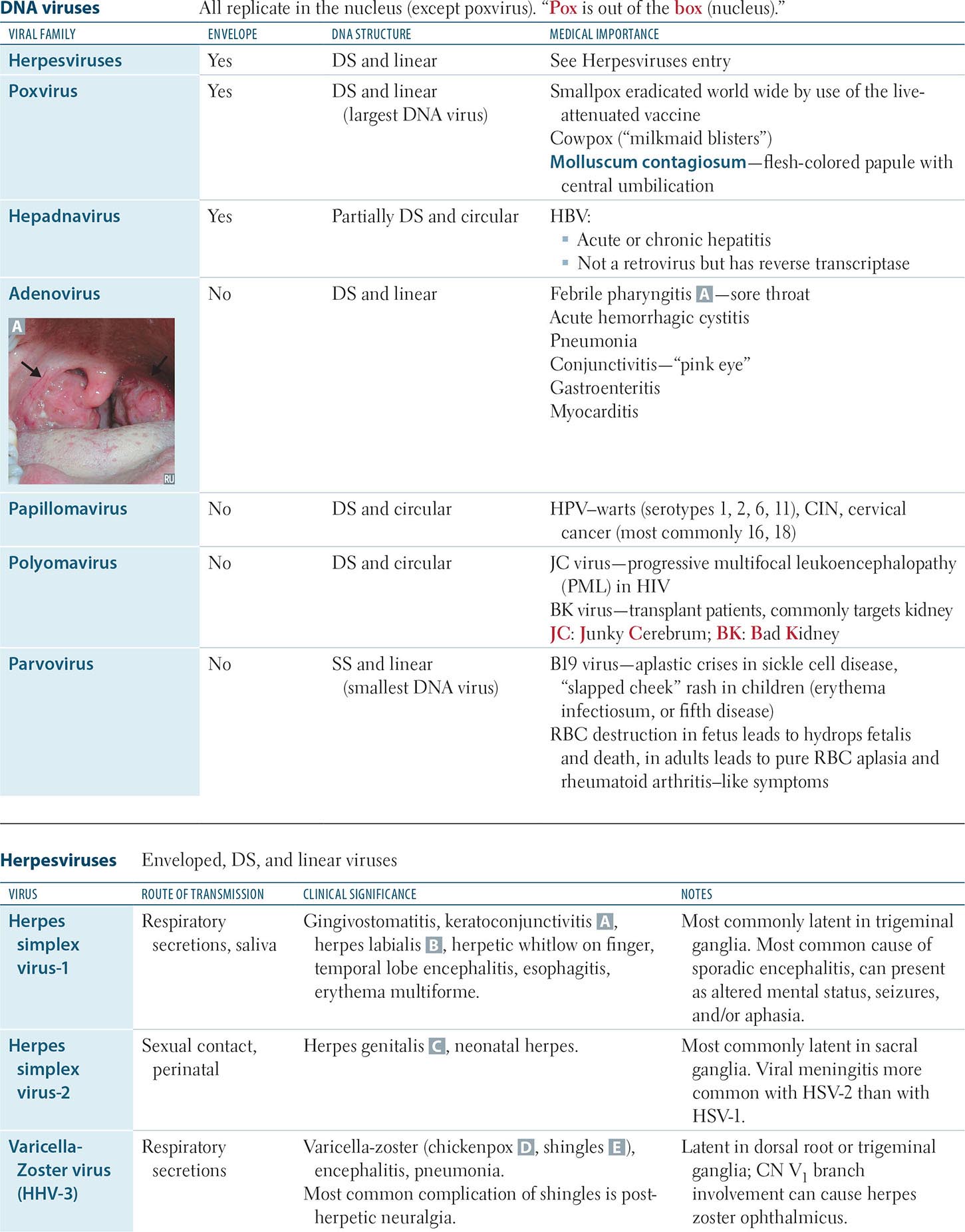
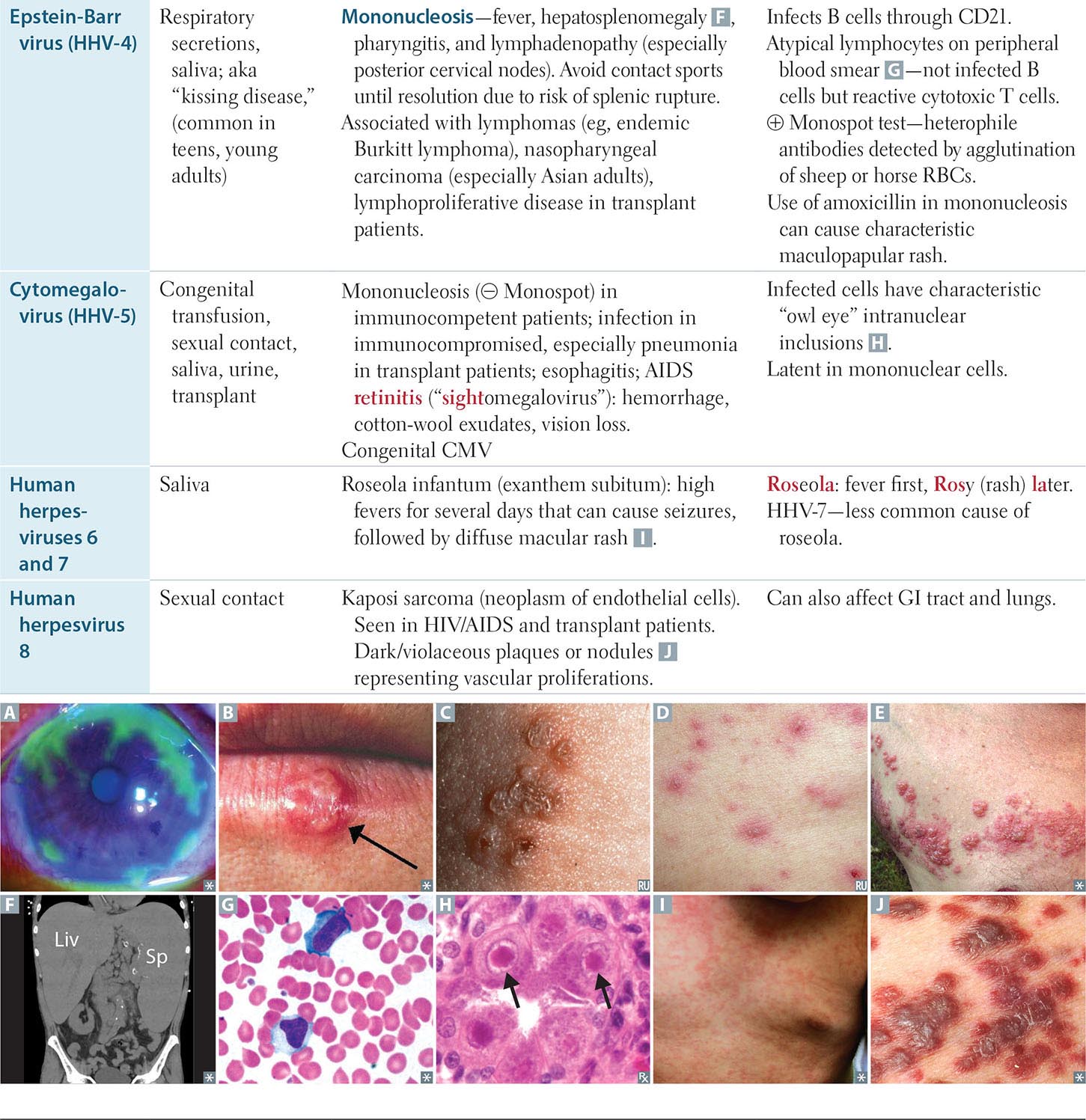
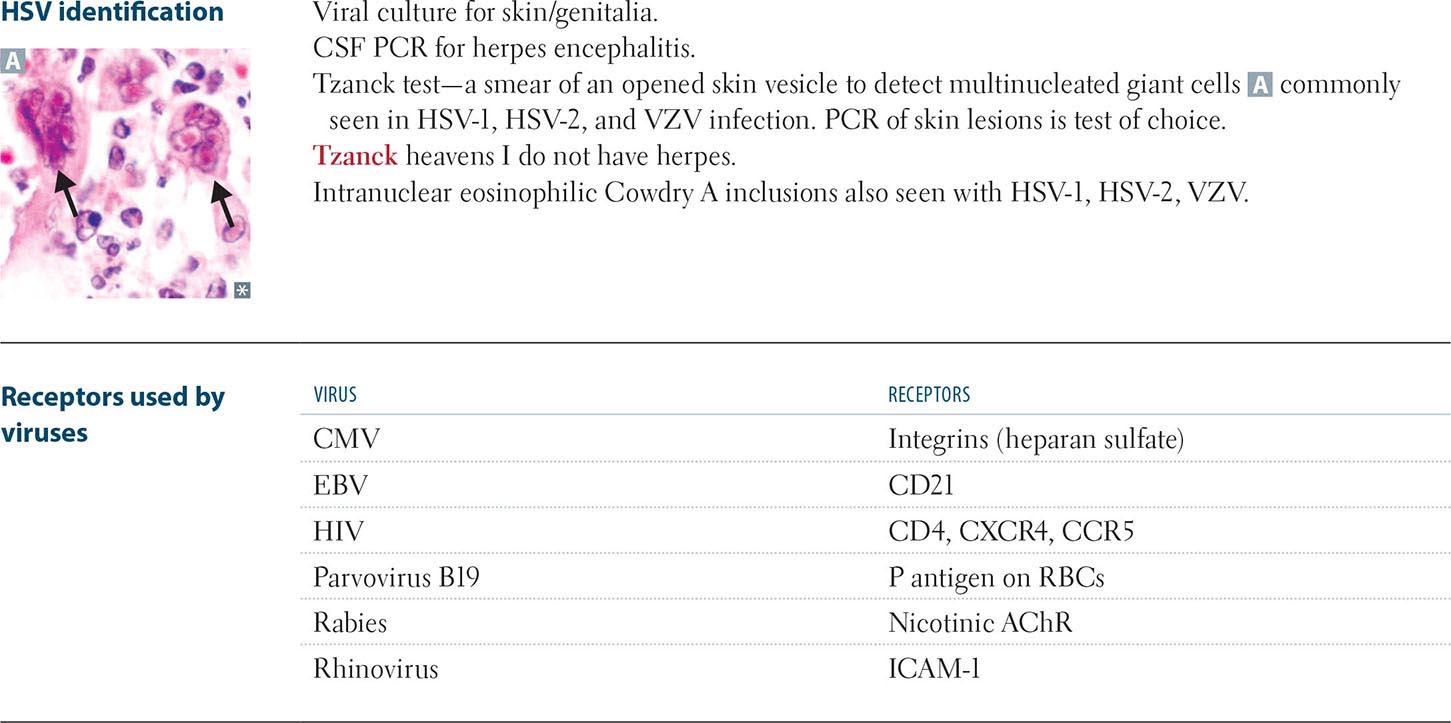


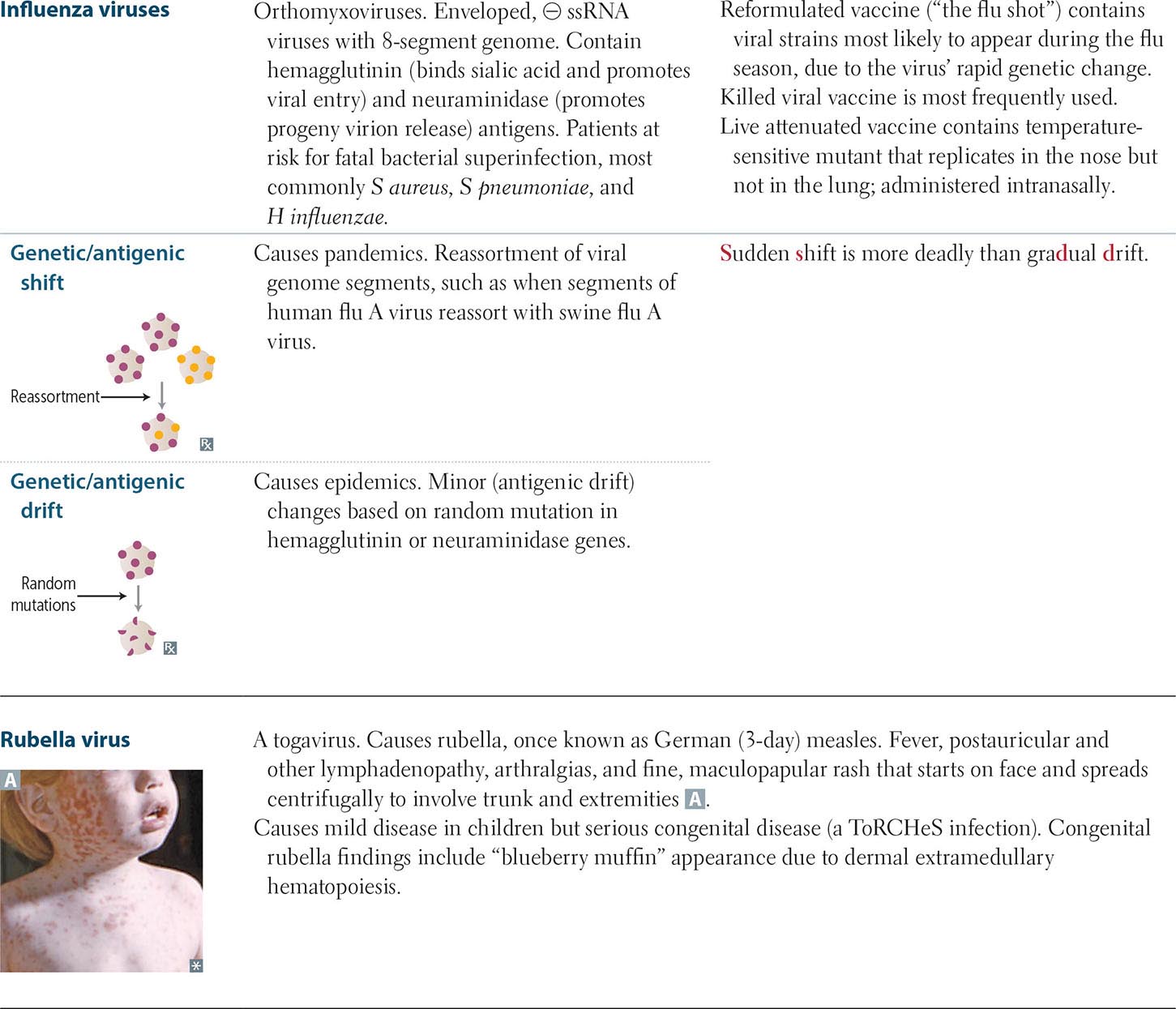
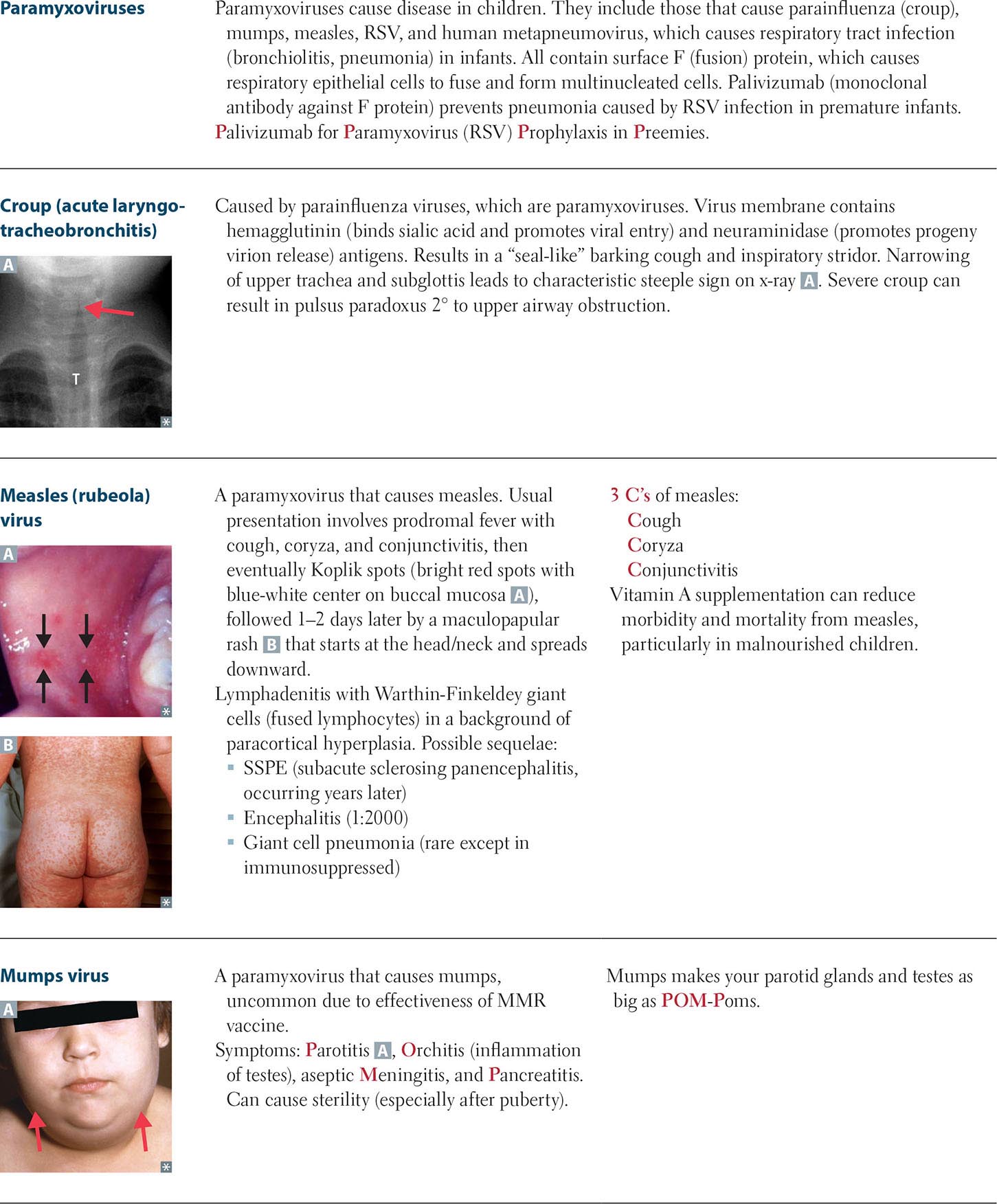
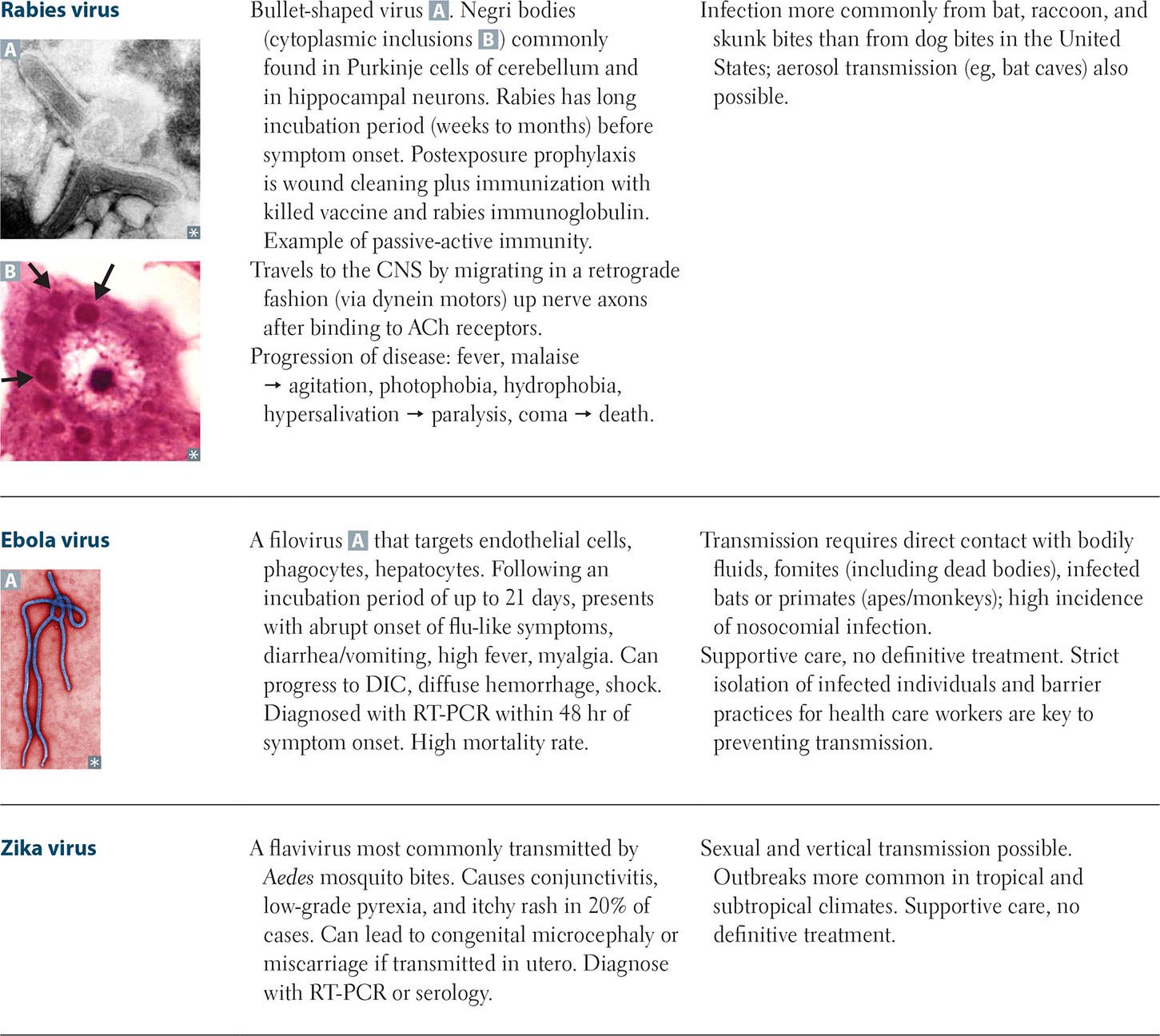
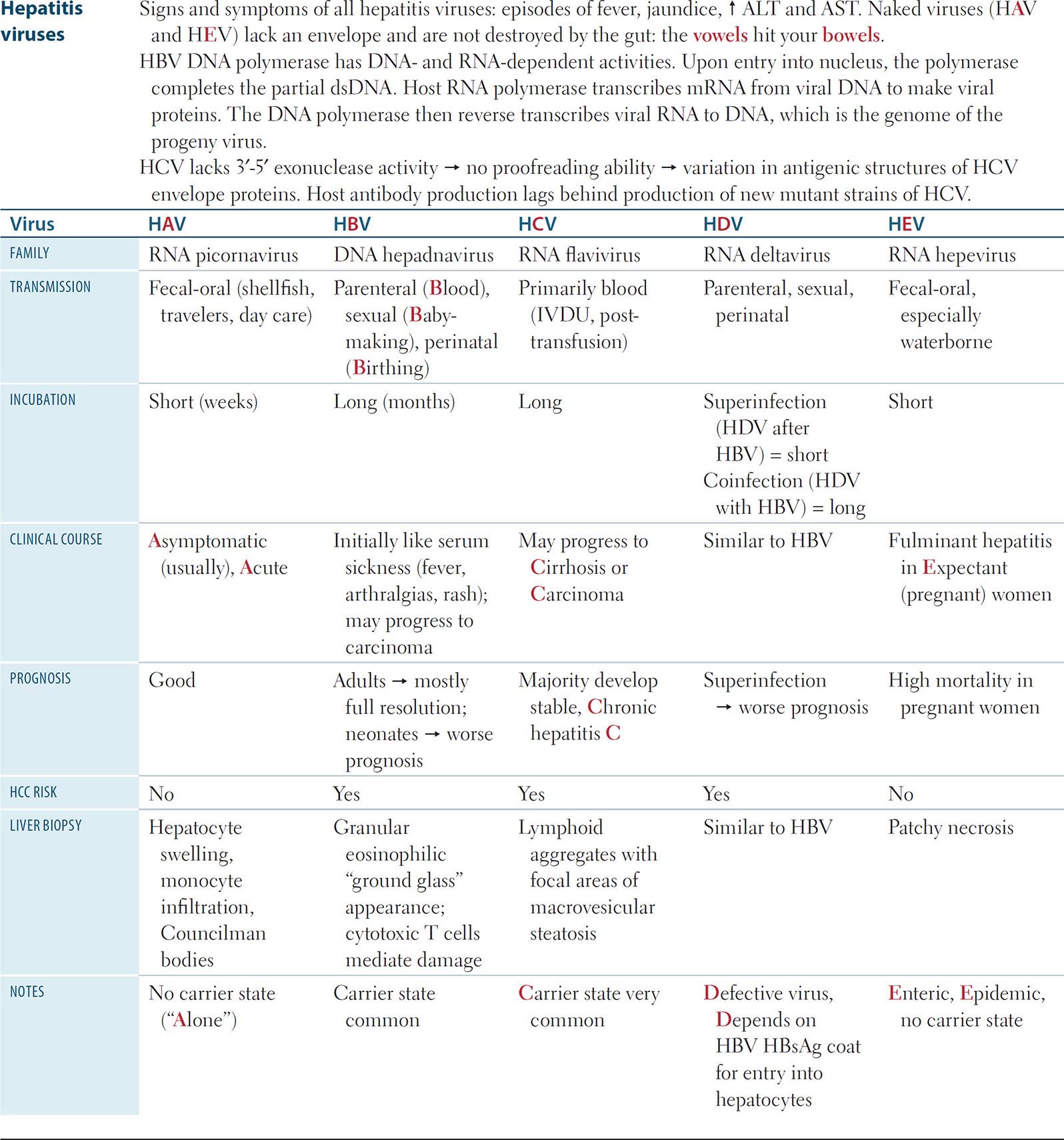

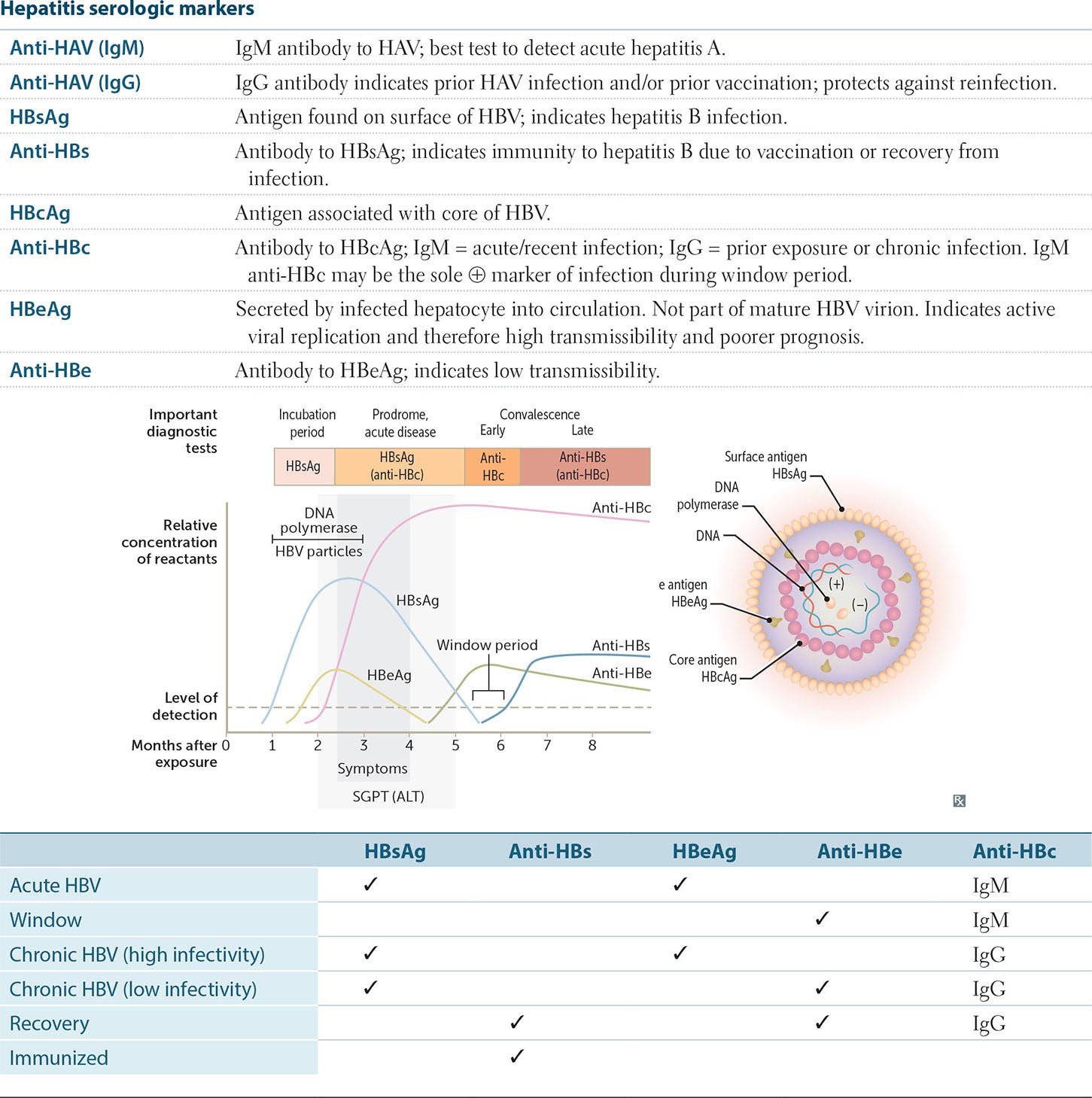
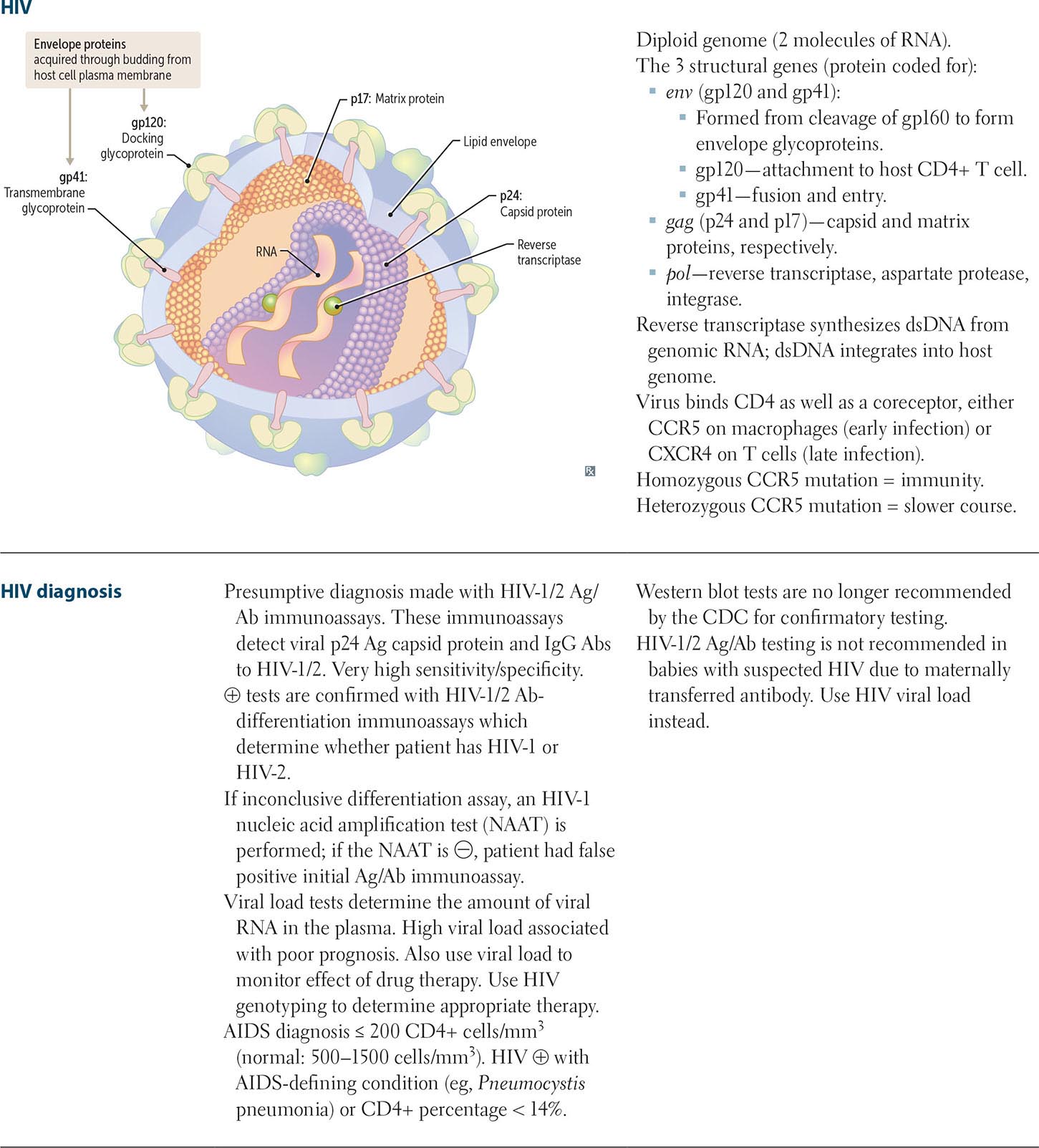
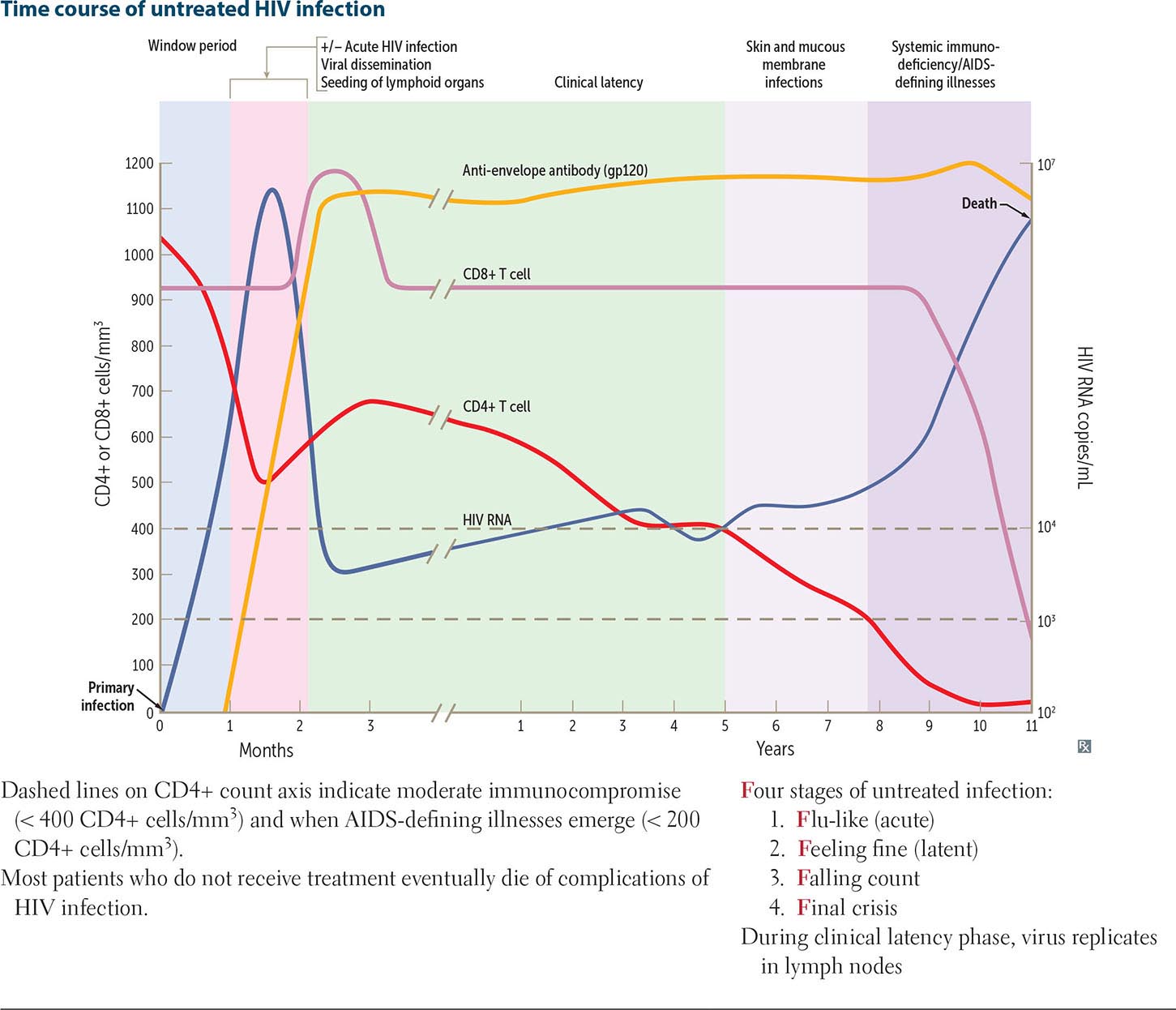
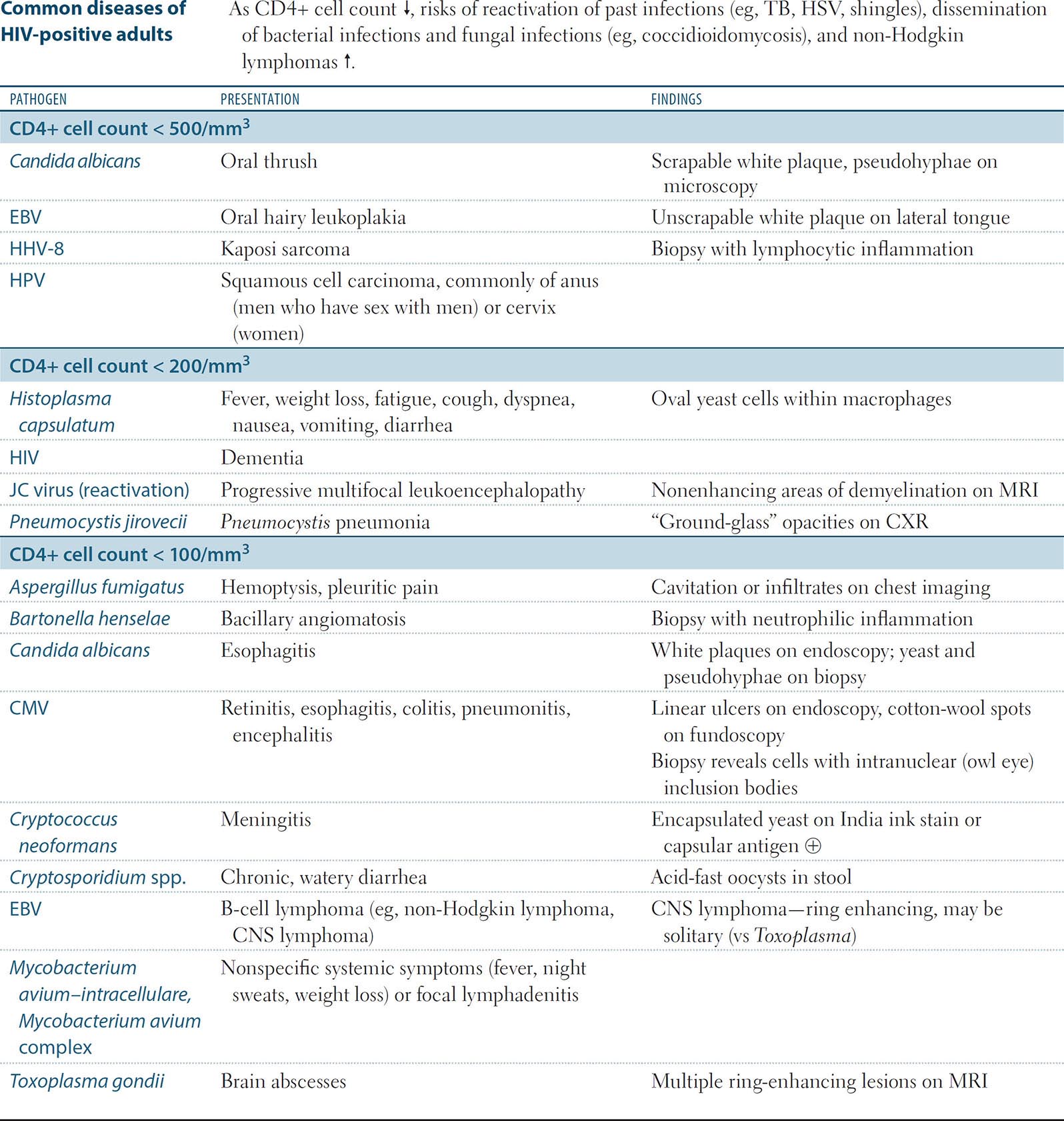

 MICROBIOLOGY—SYSTEMS
MICROBIOLOGY—SYSTEMS
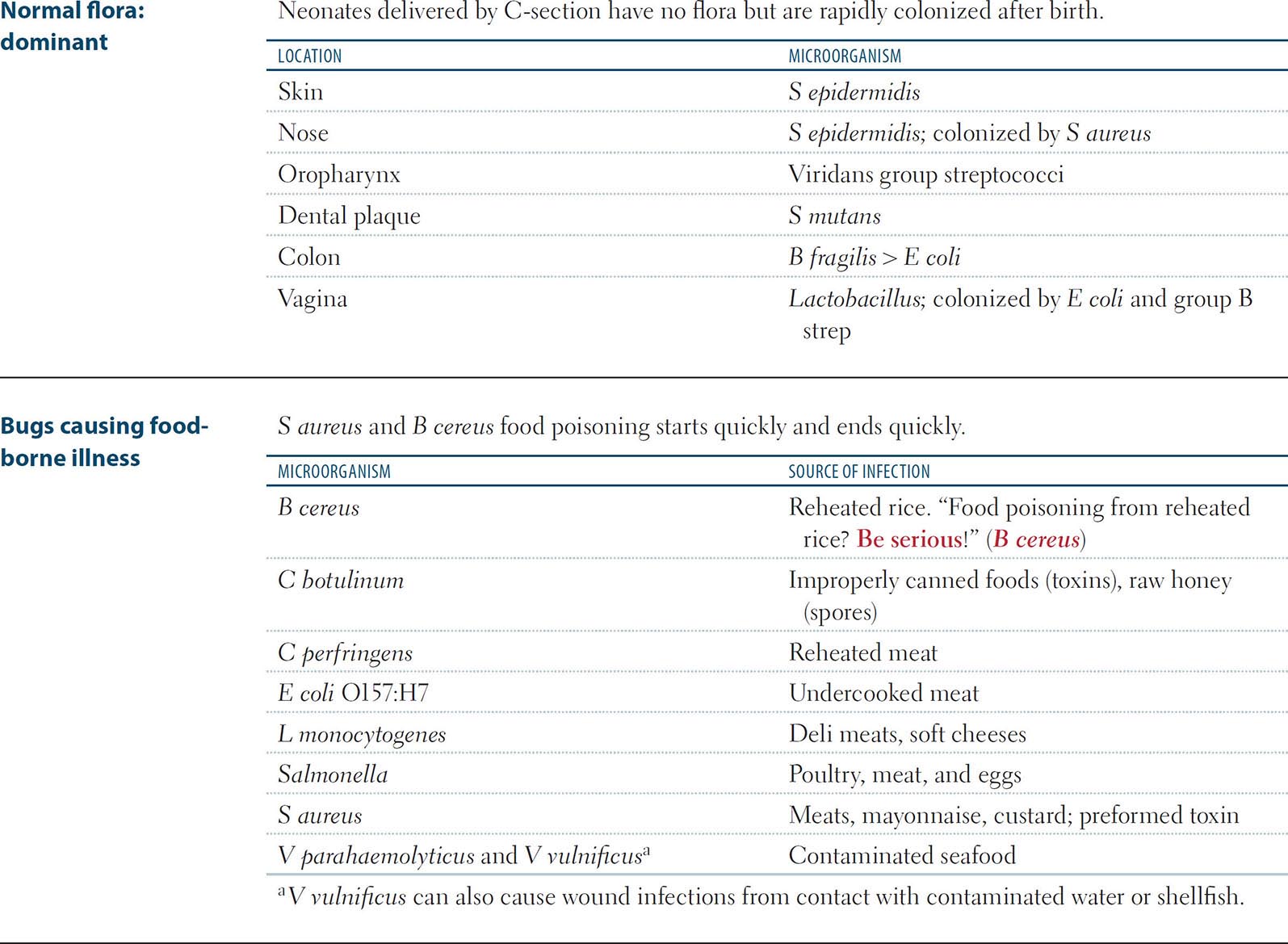
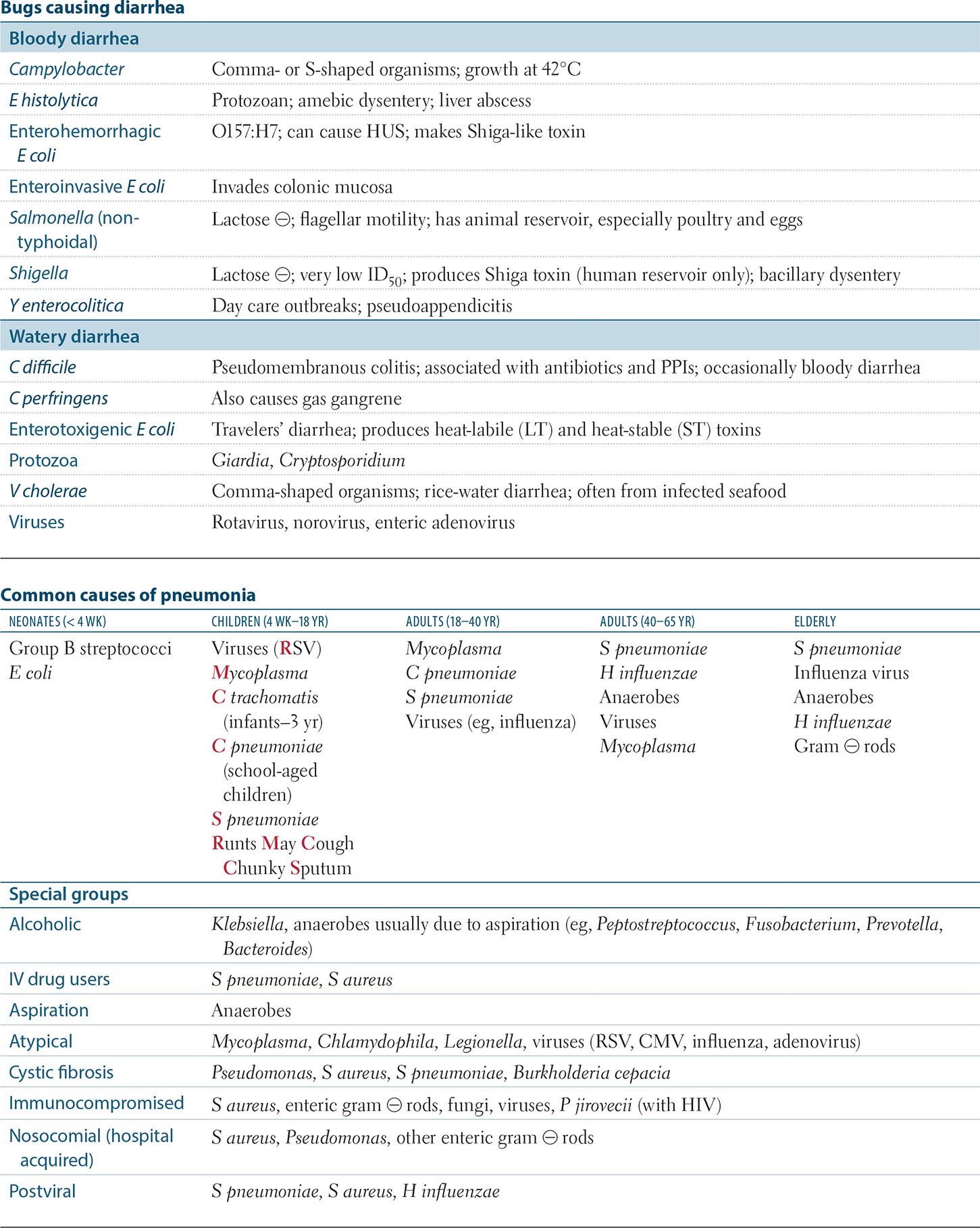

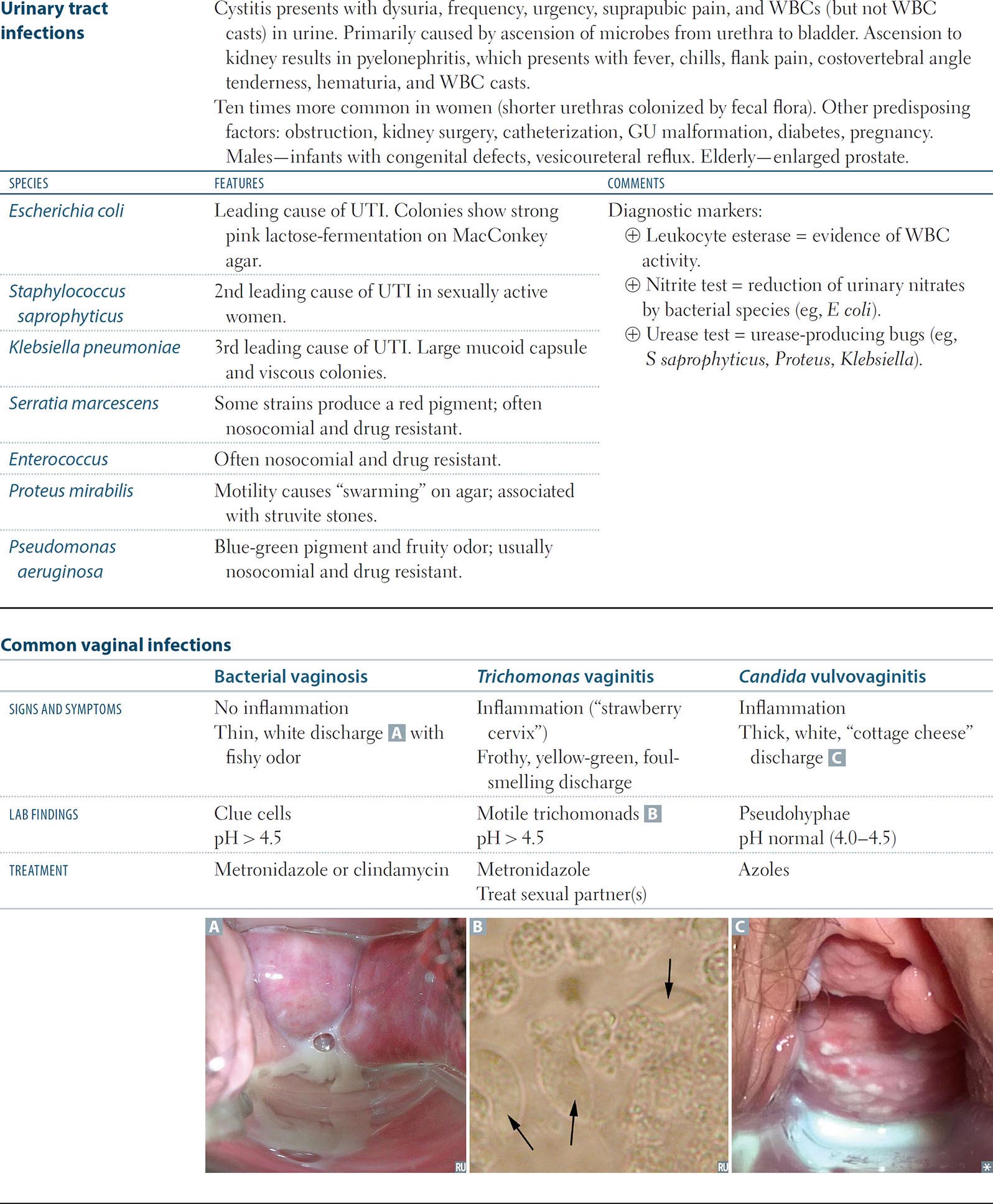
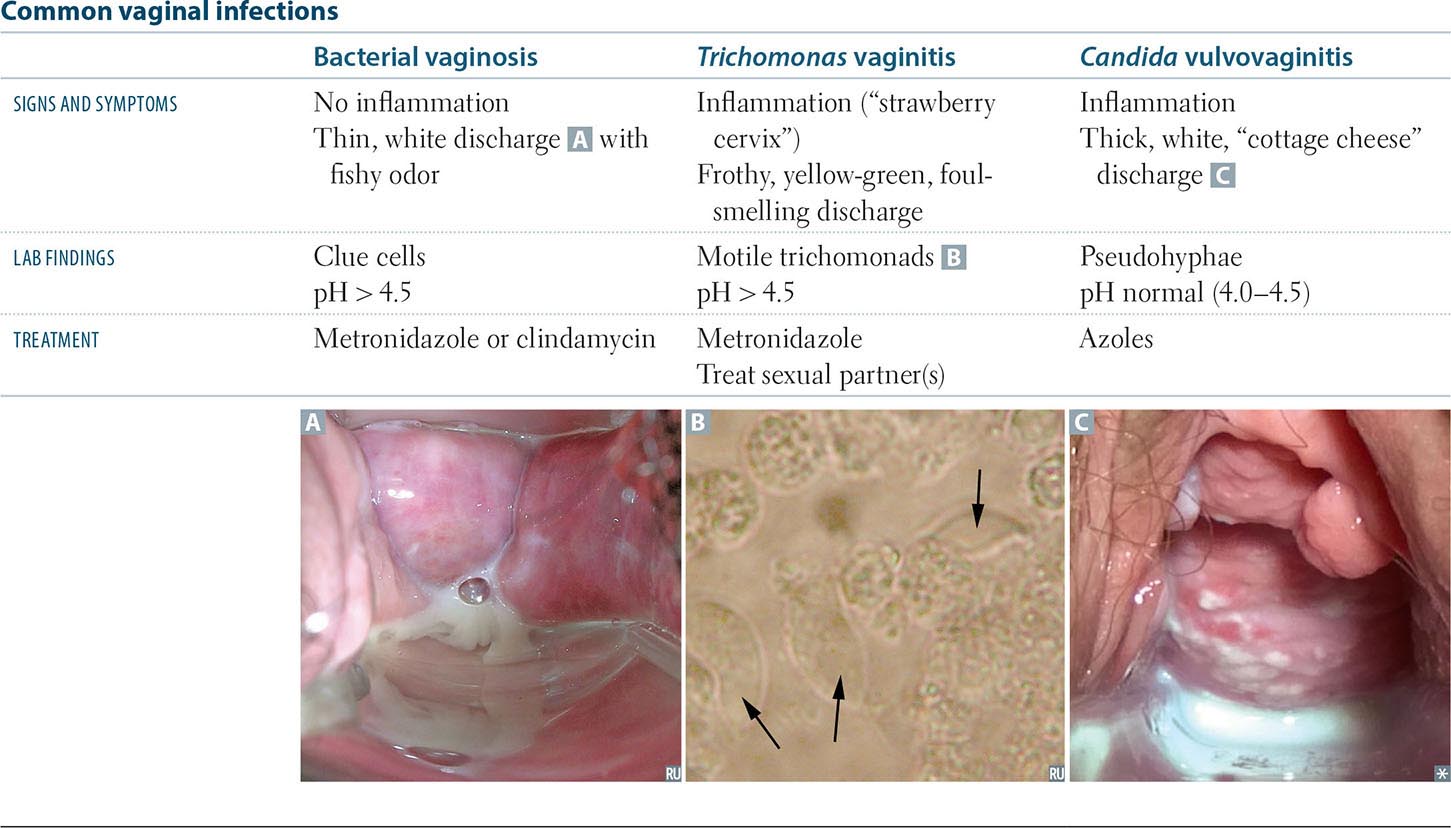

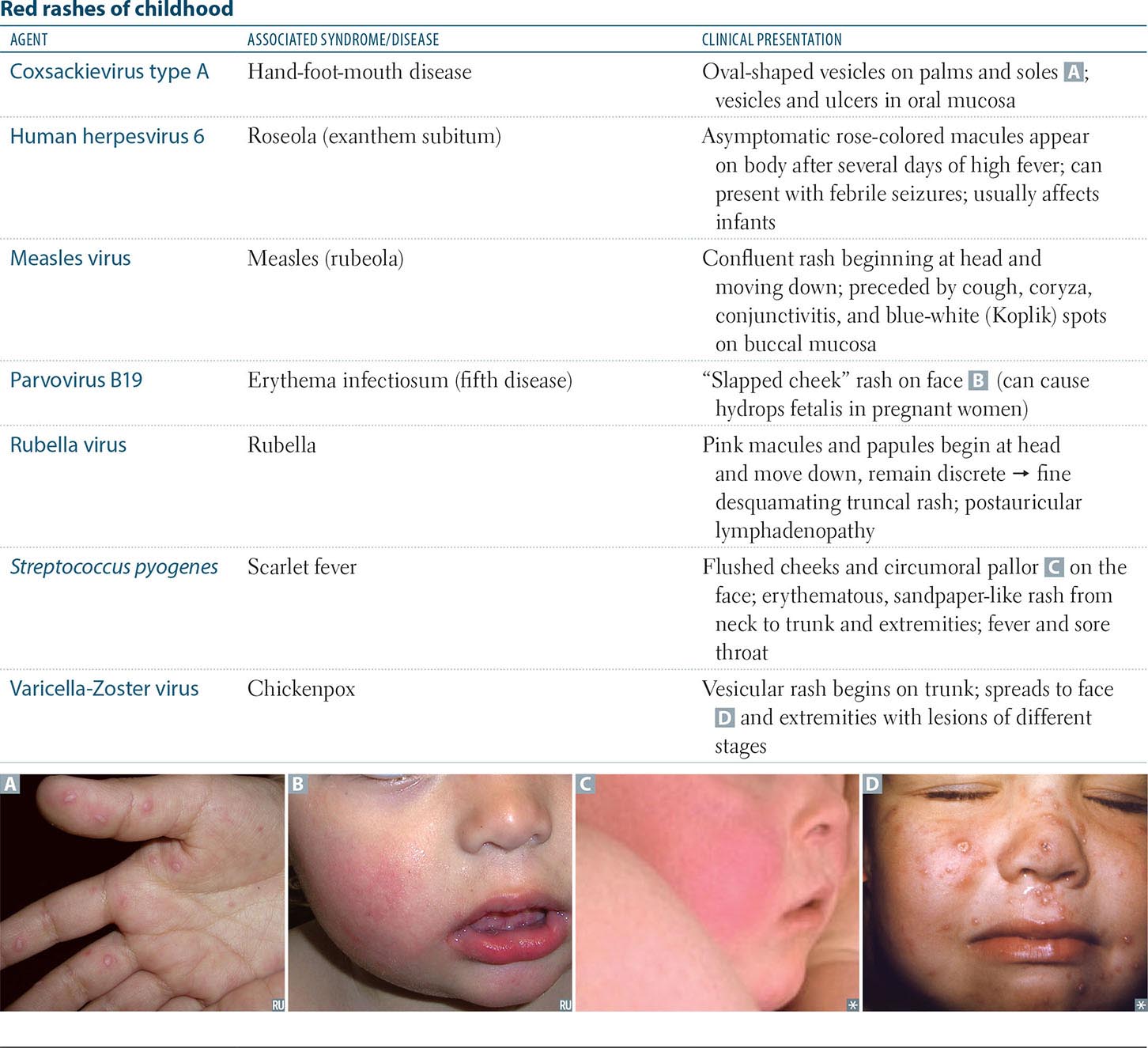
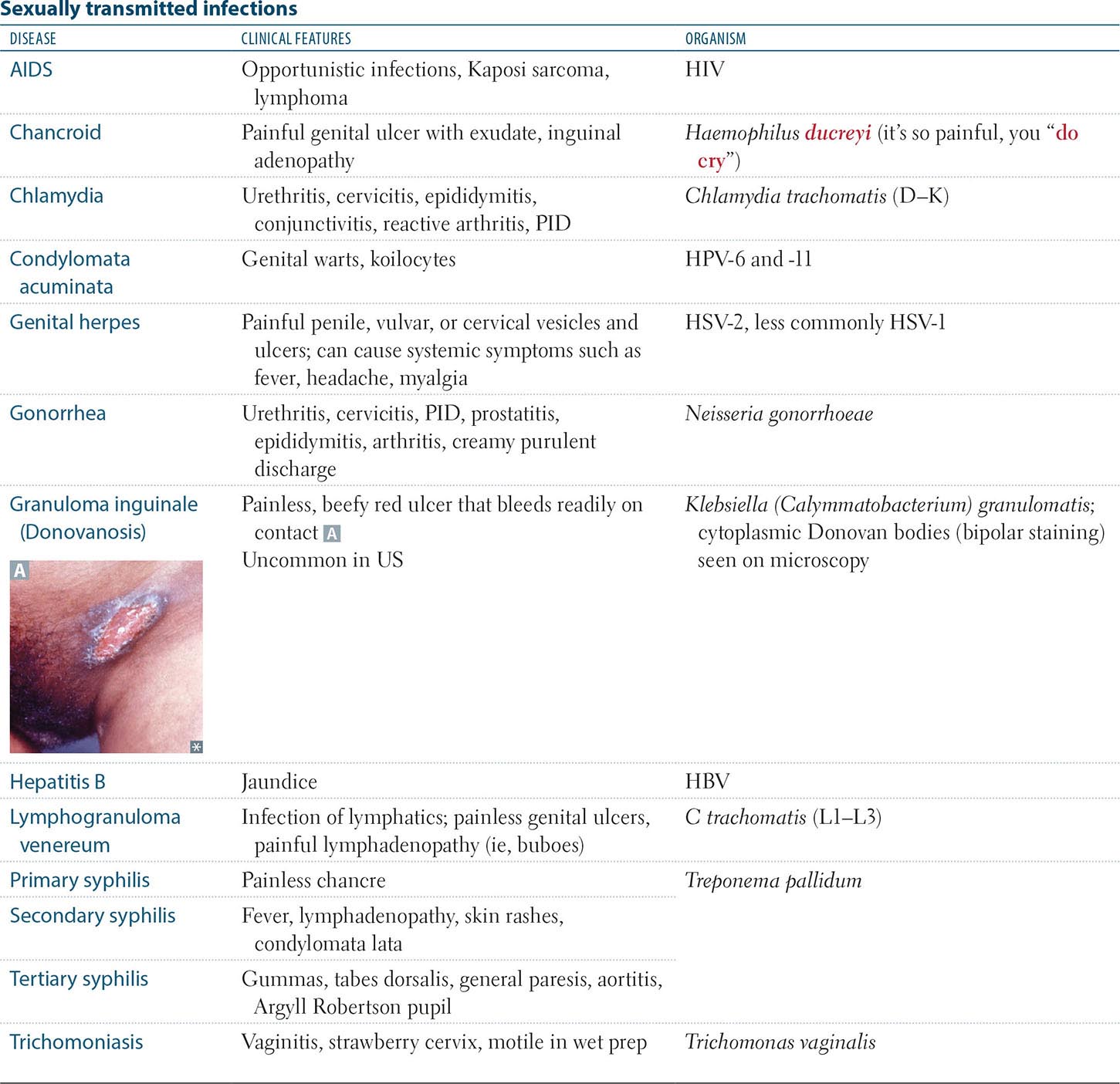

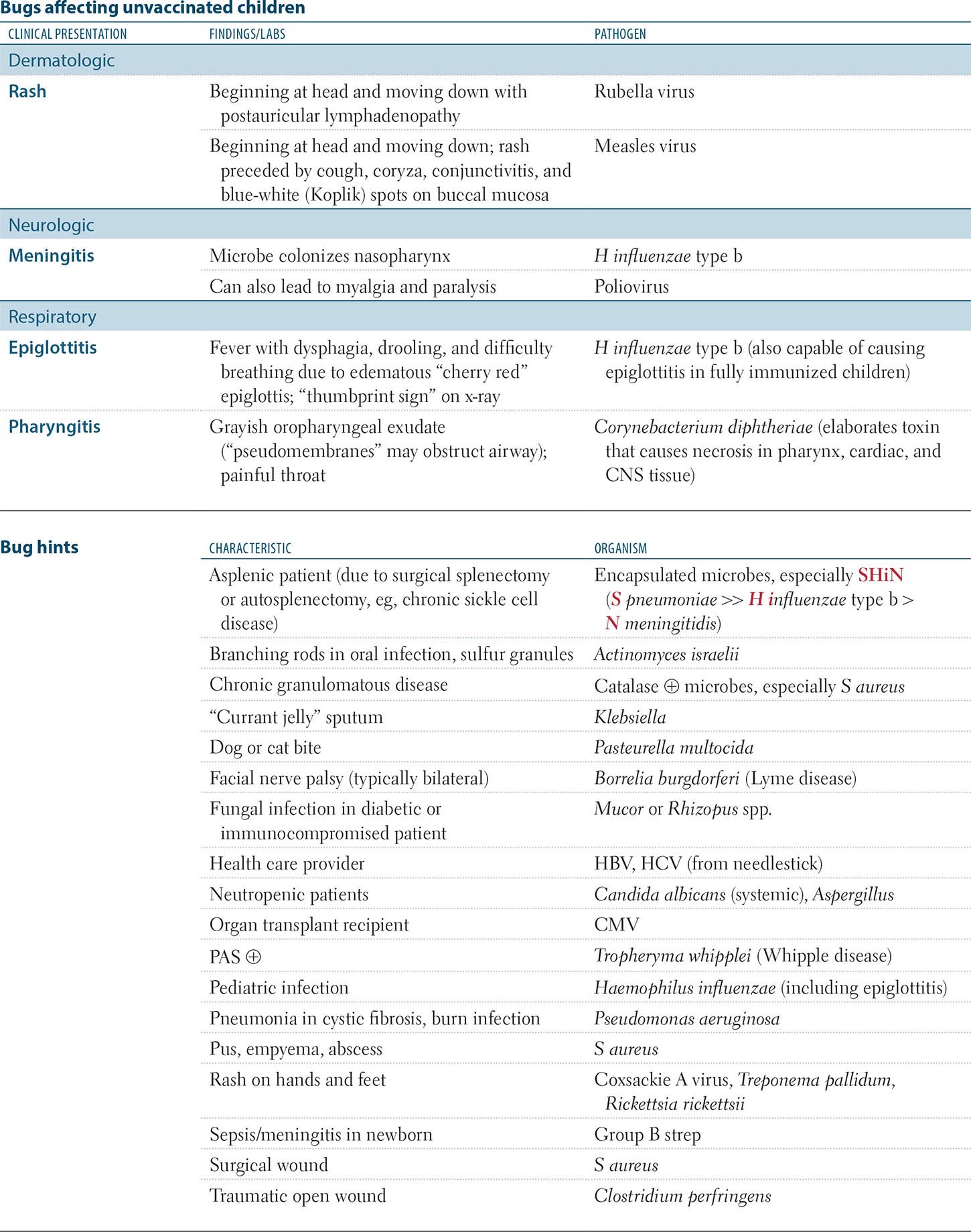
 MICROBIOLOGY—ANTIMICROBIALS
MICROBIOLOGY—ANTIMICROBIALS
